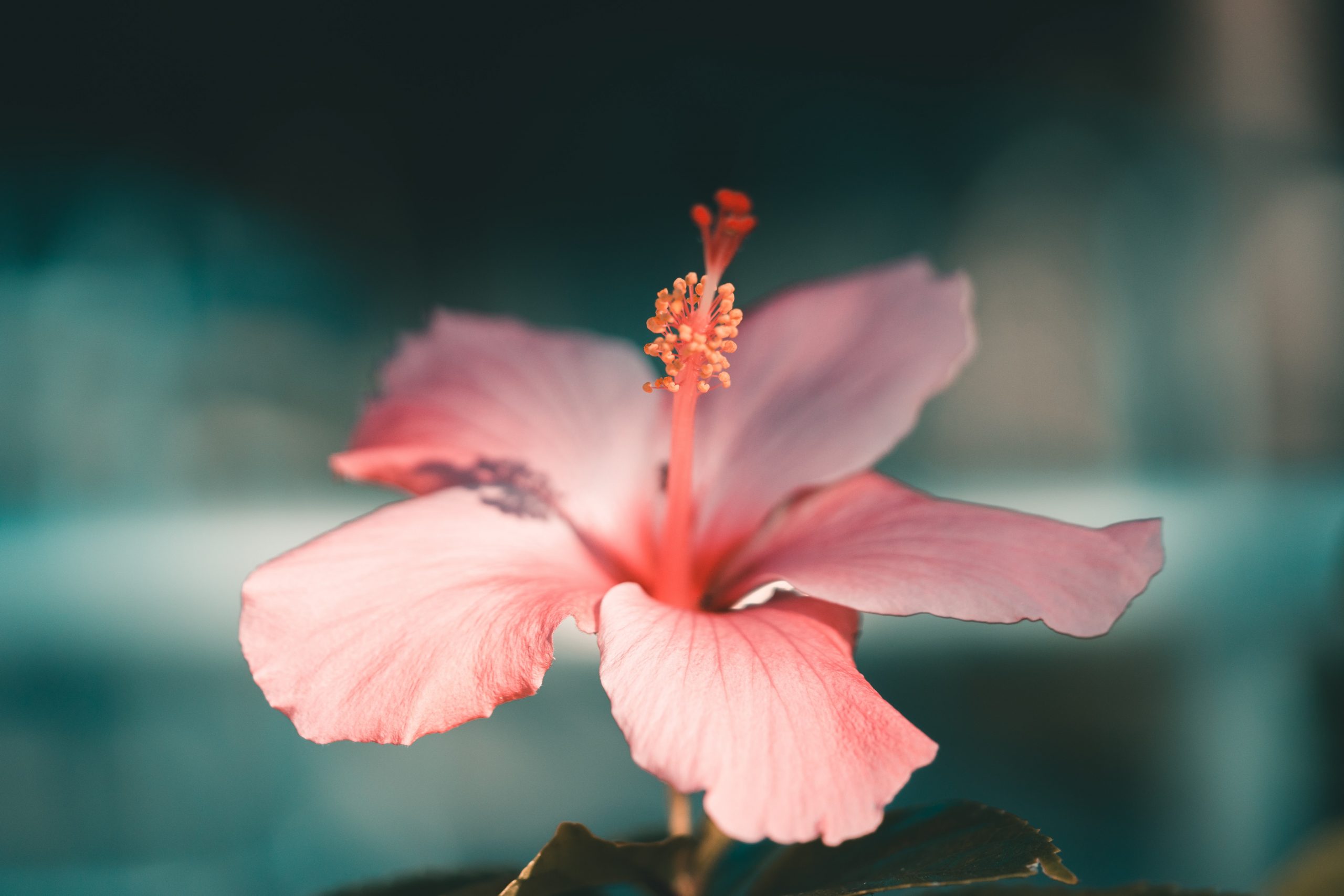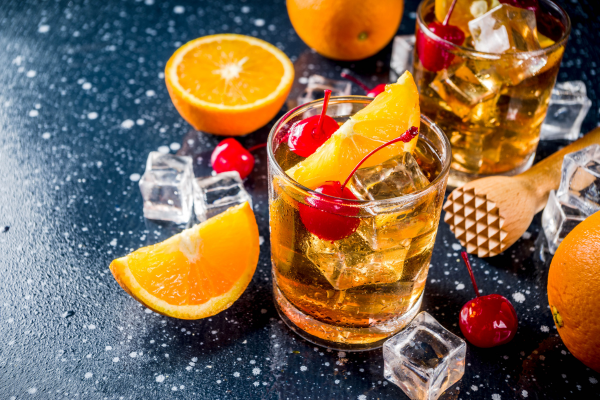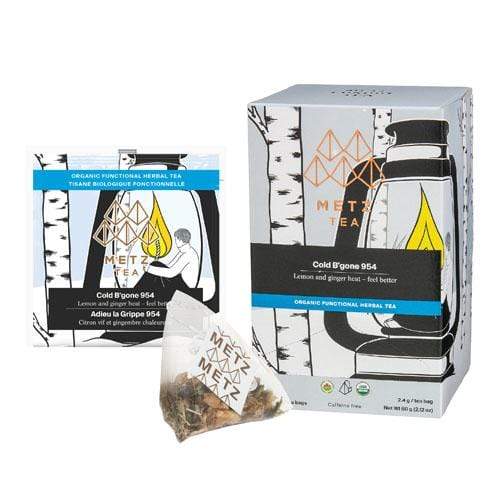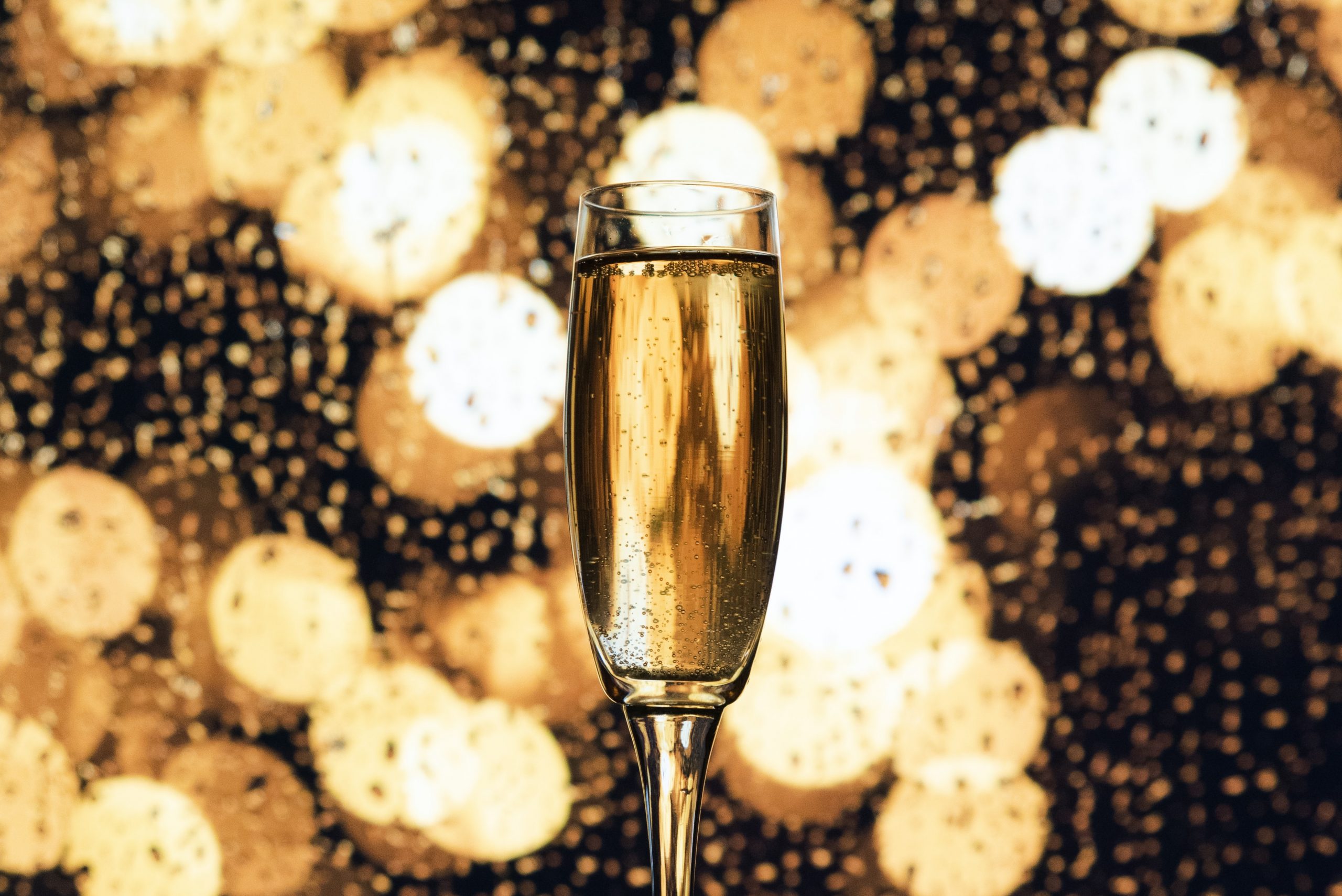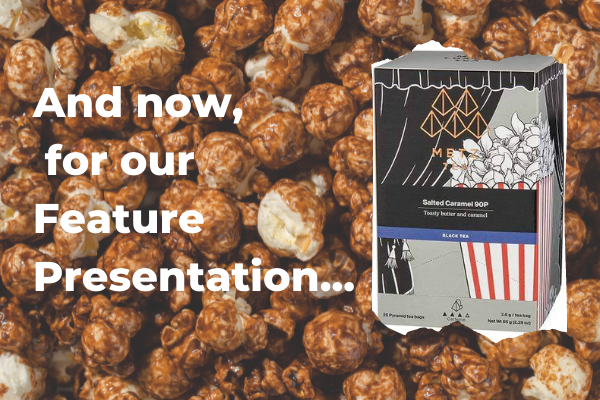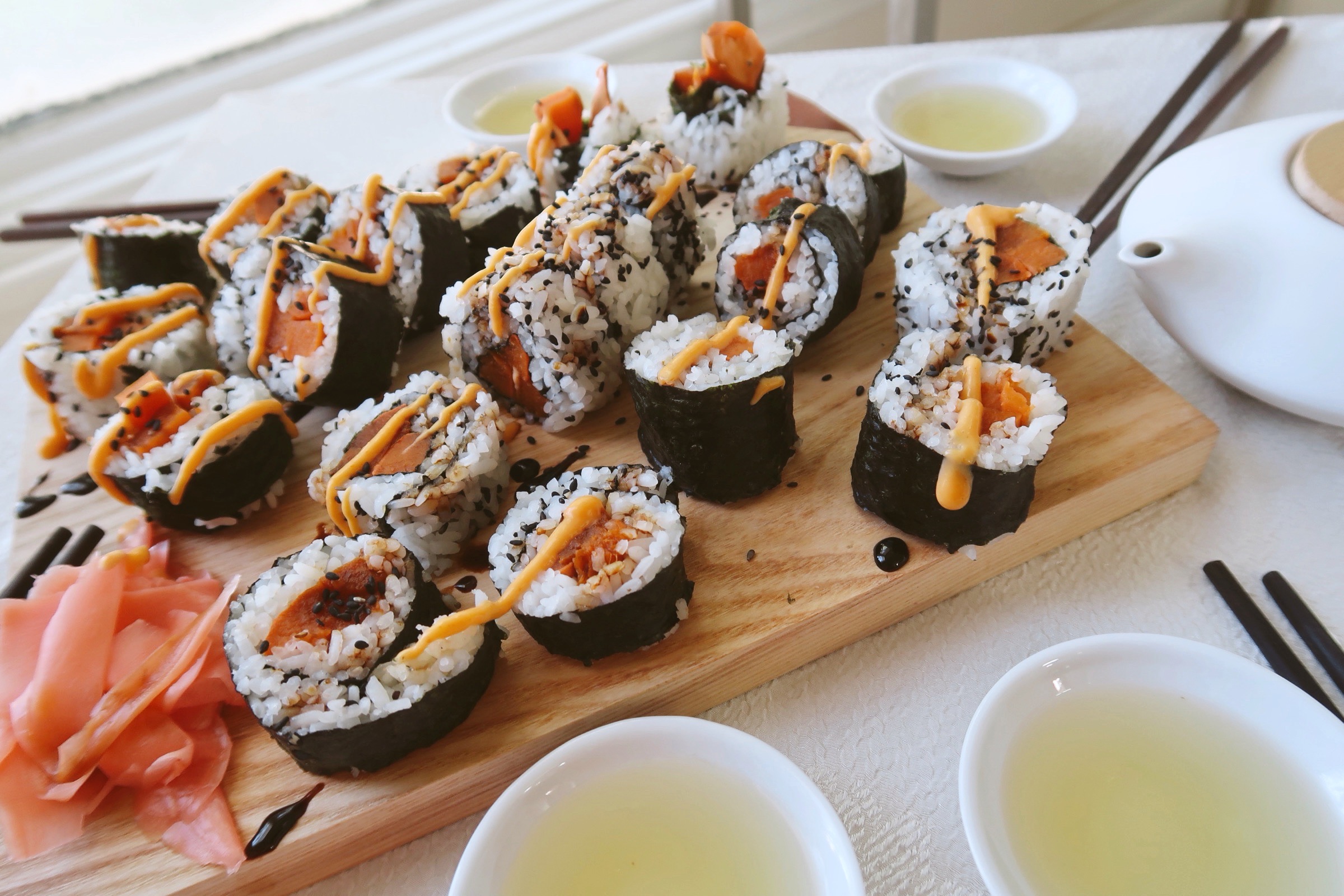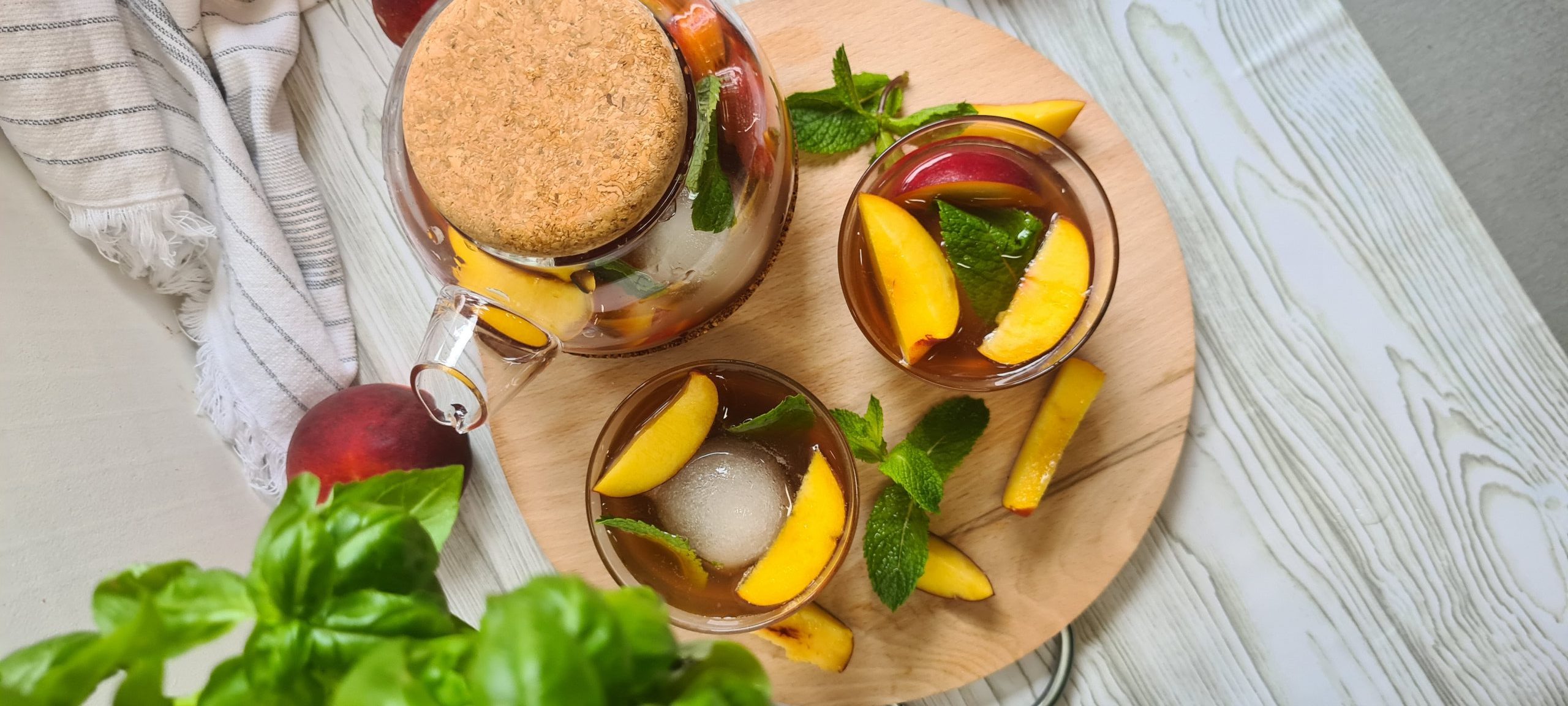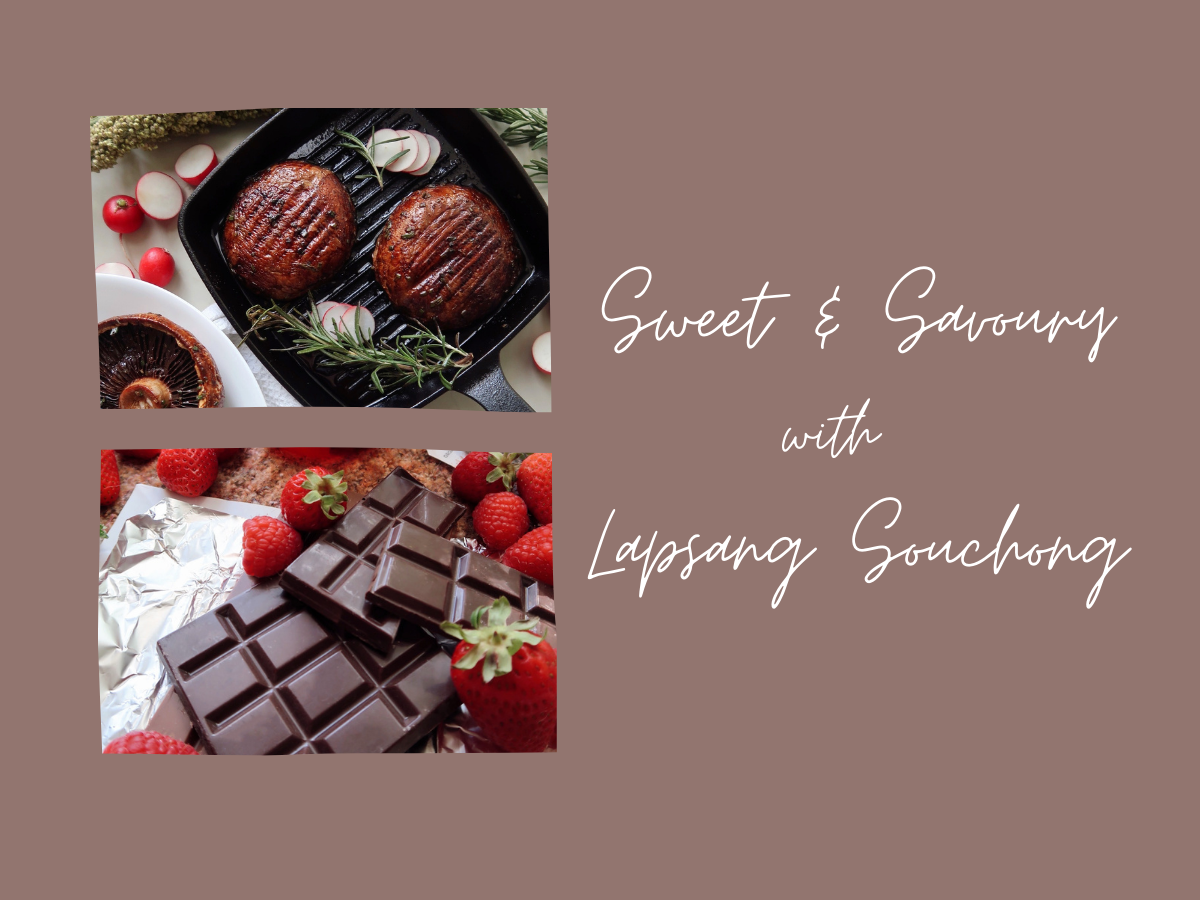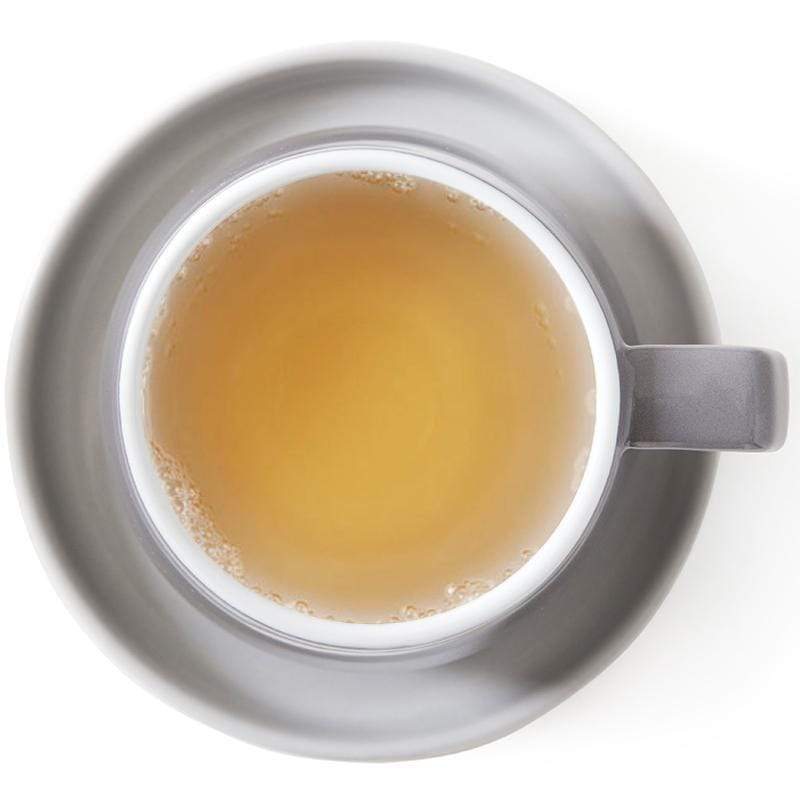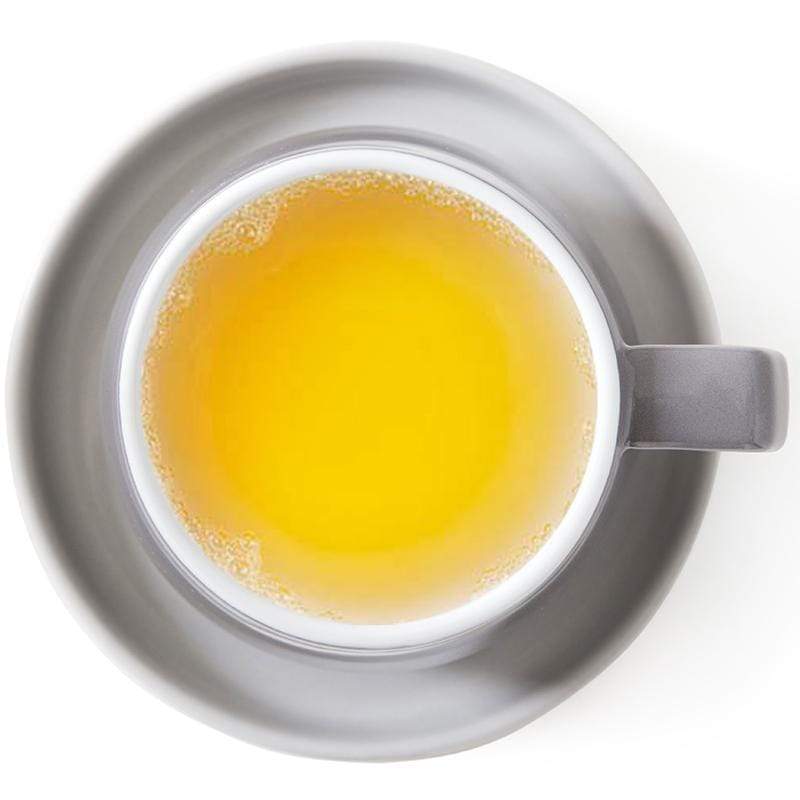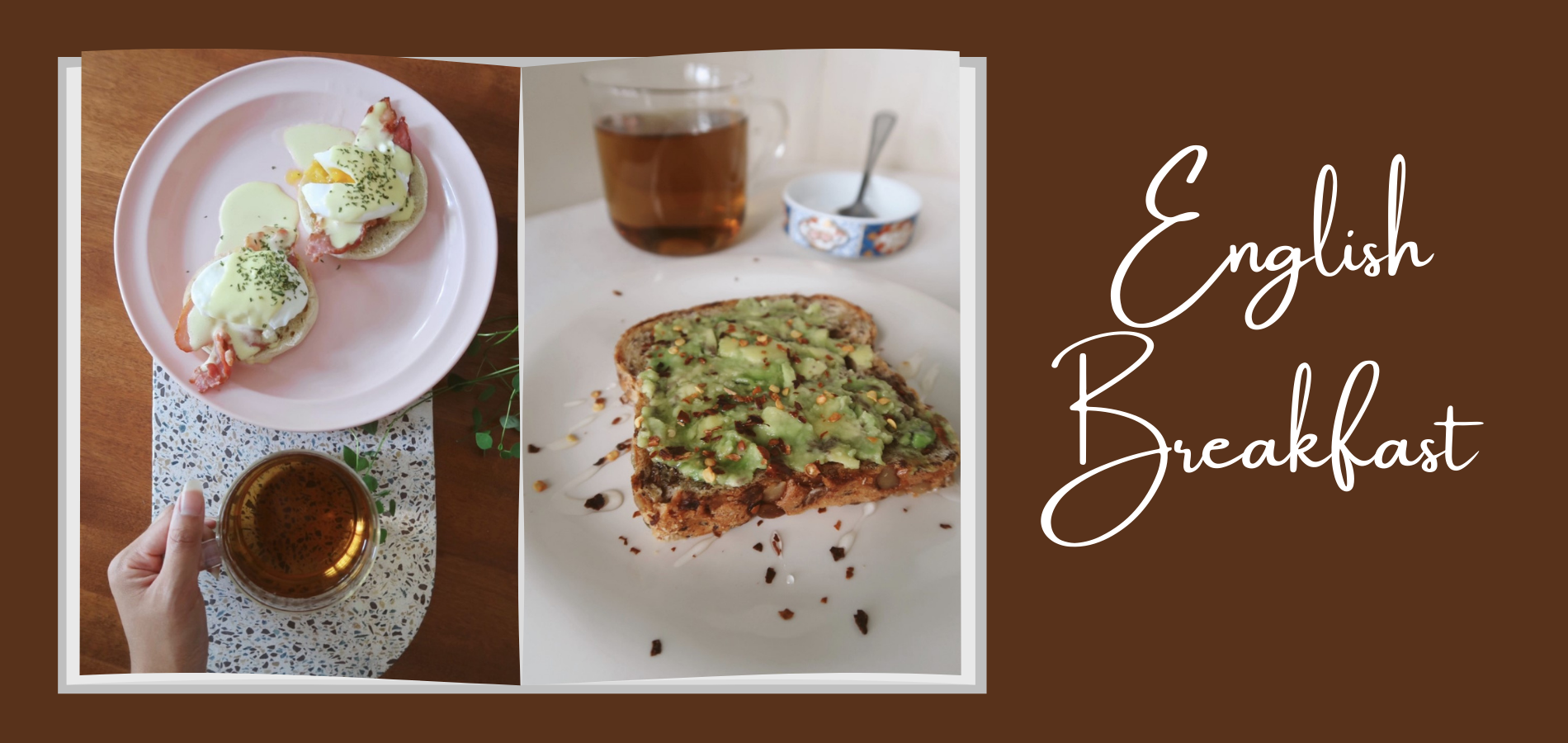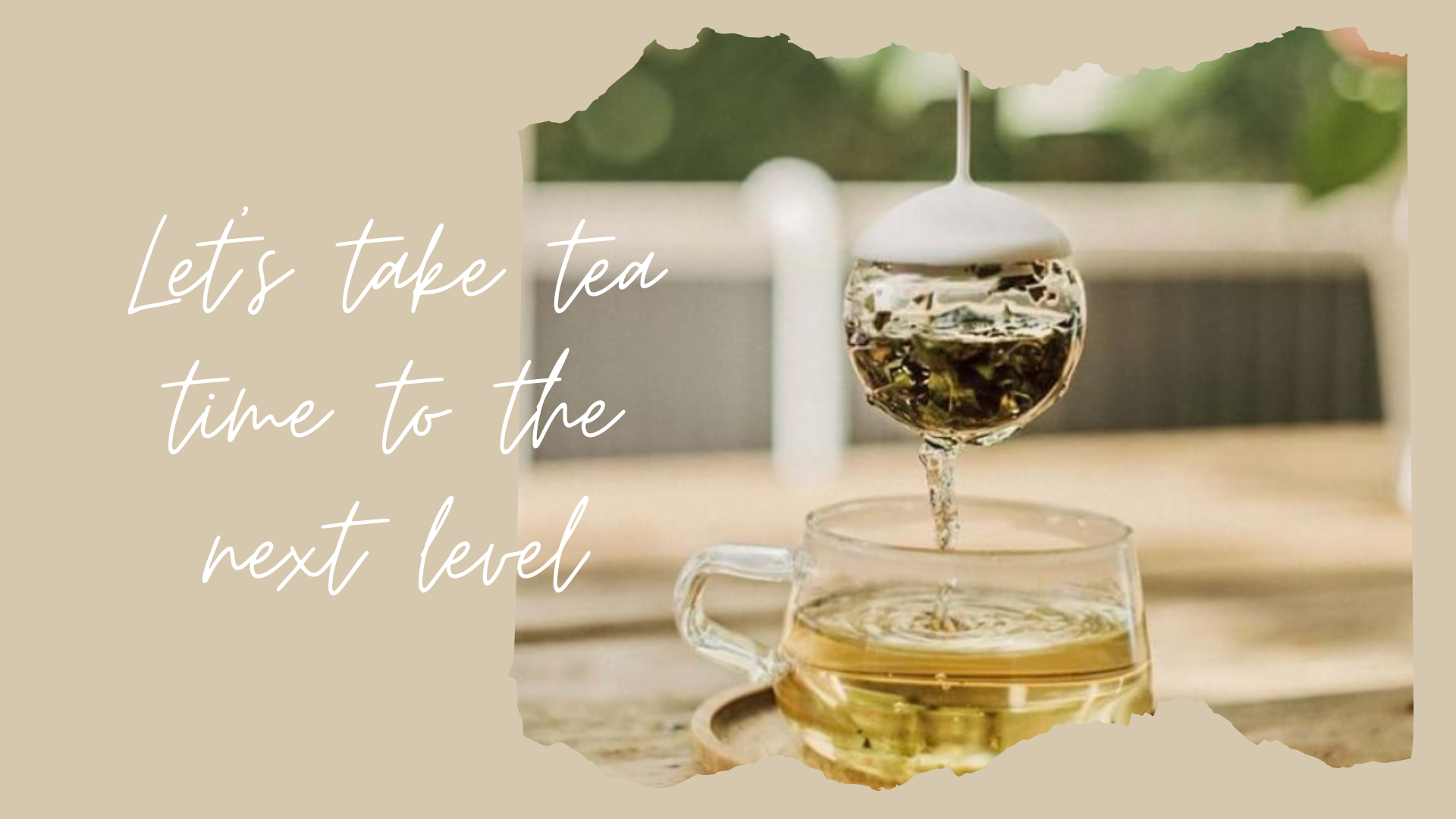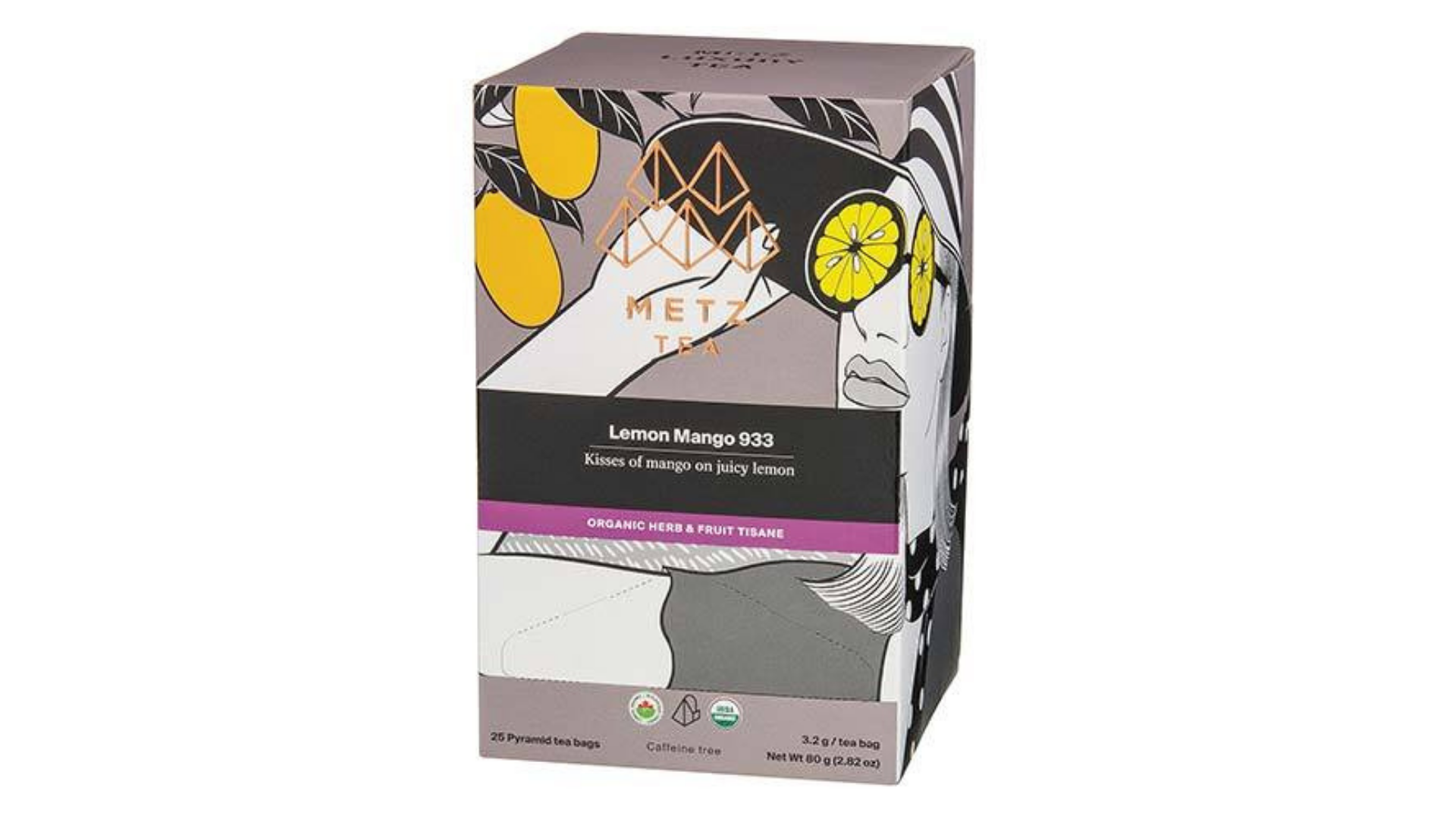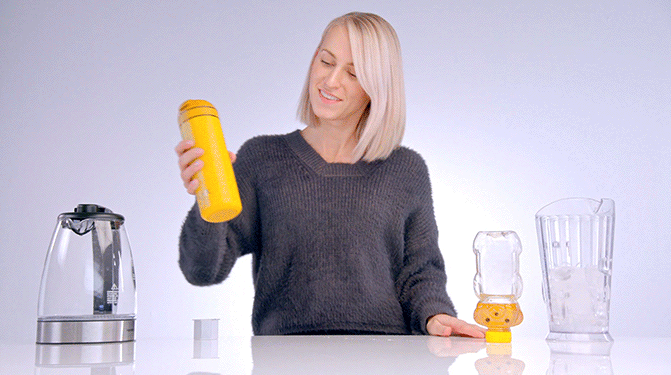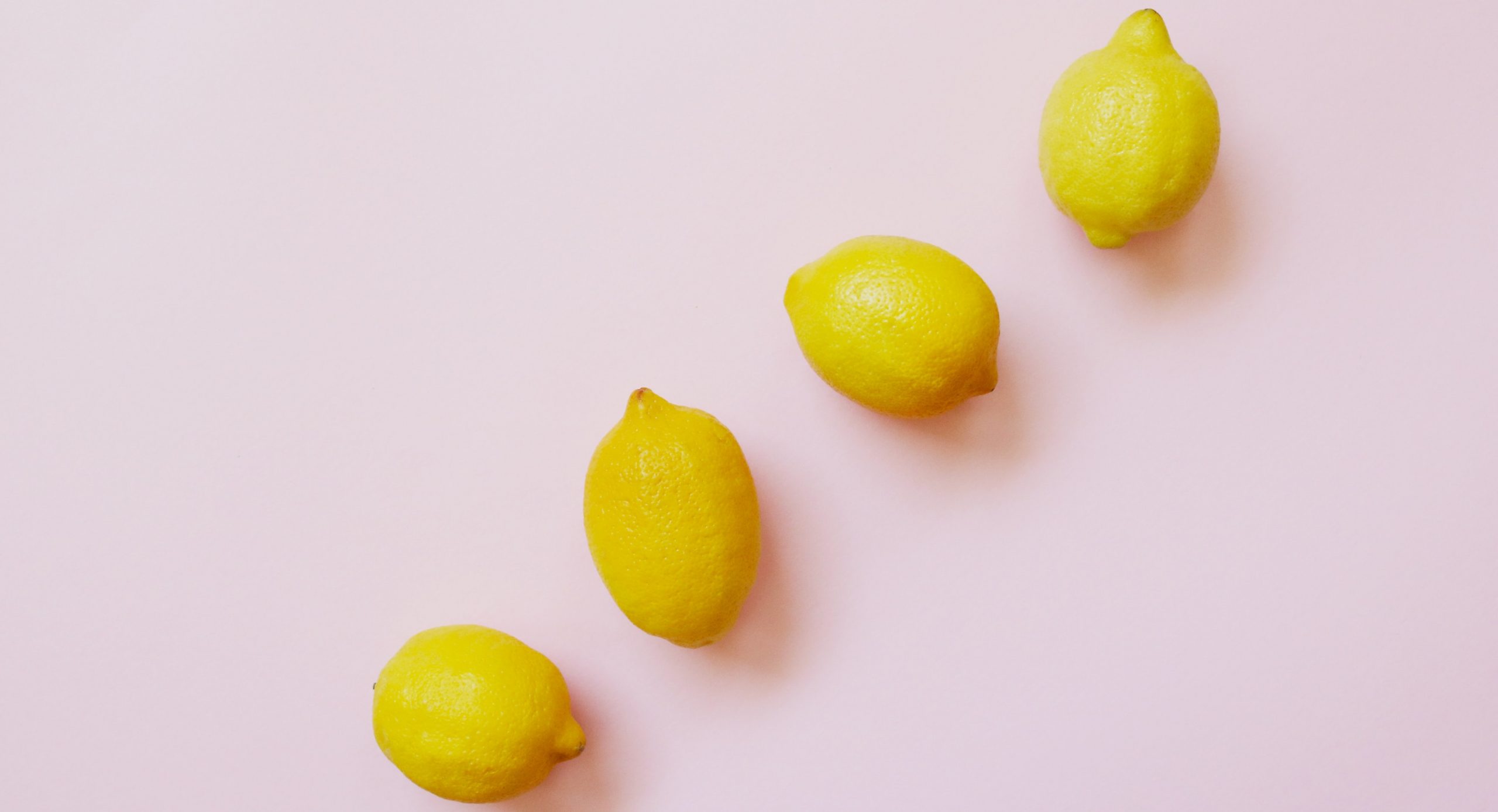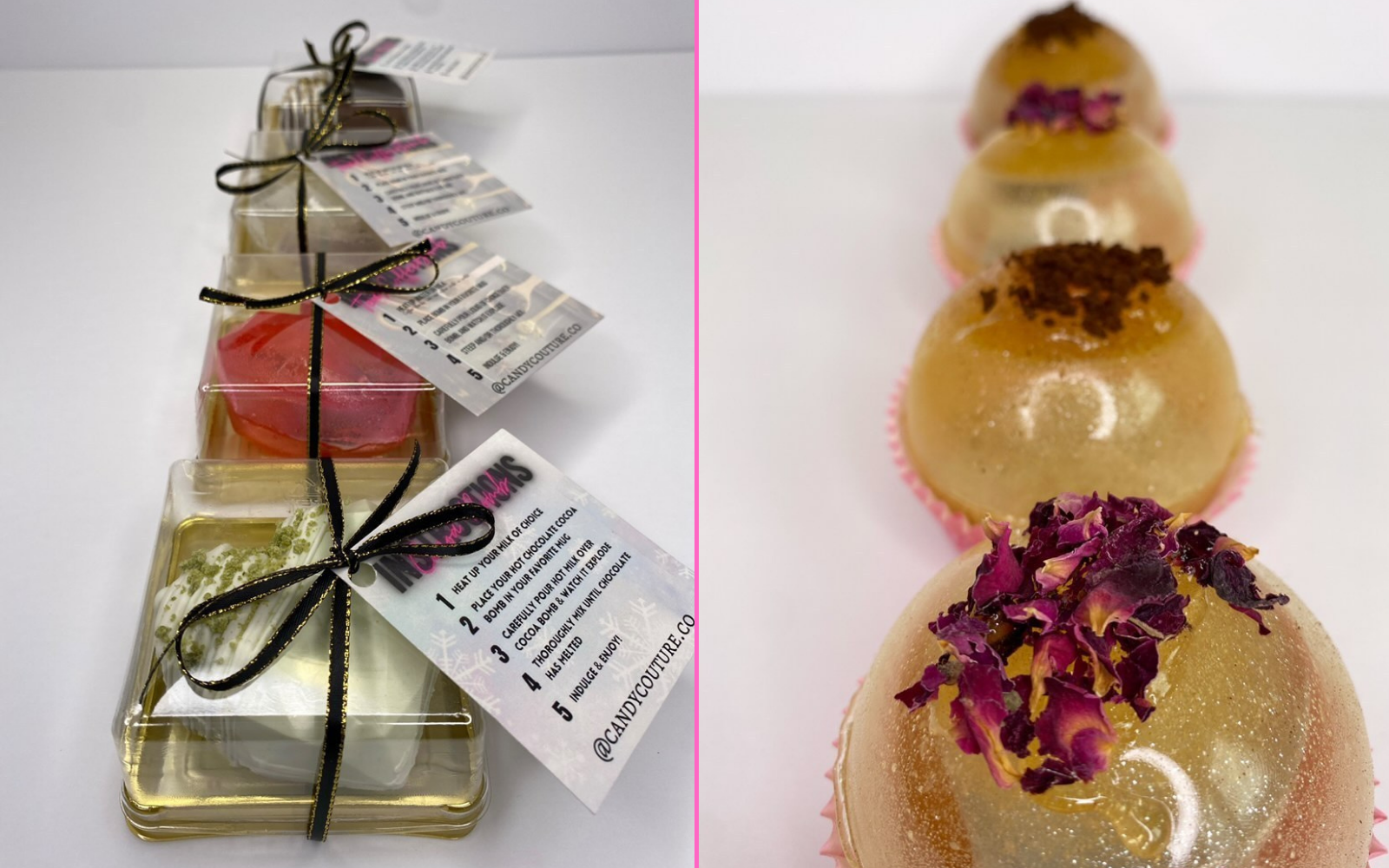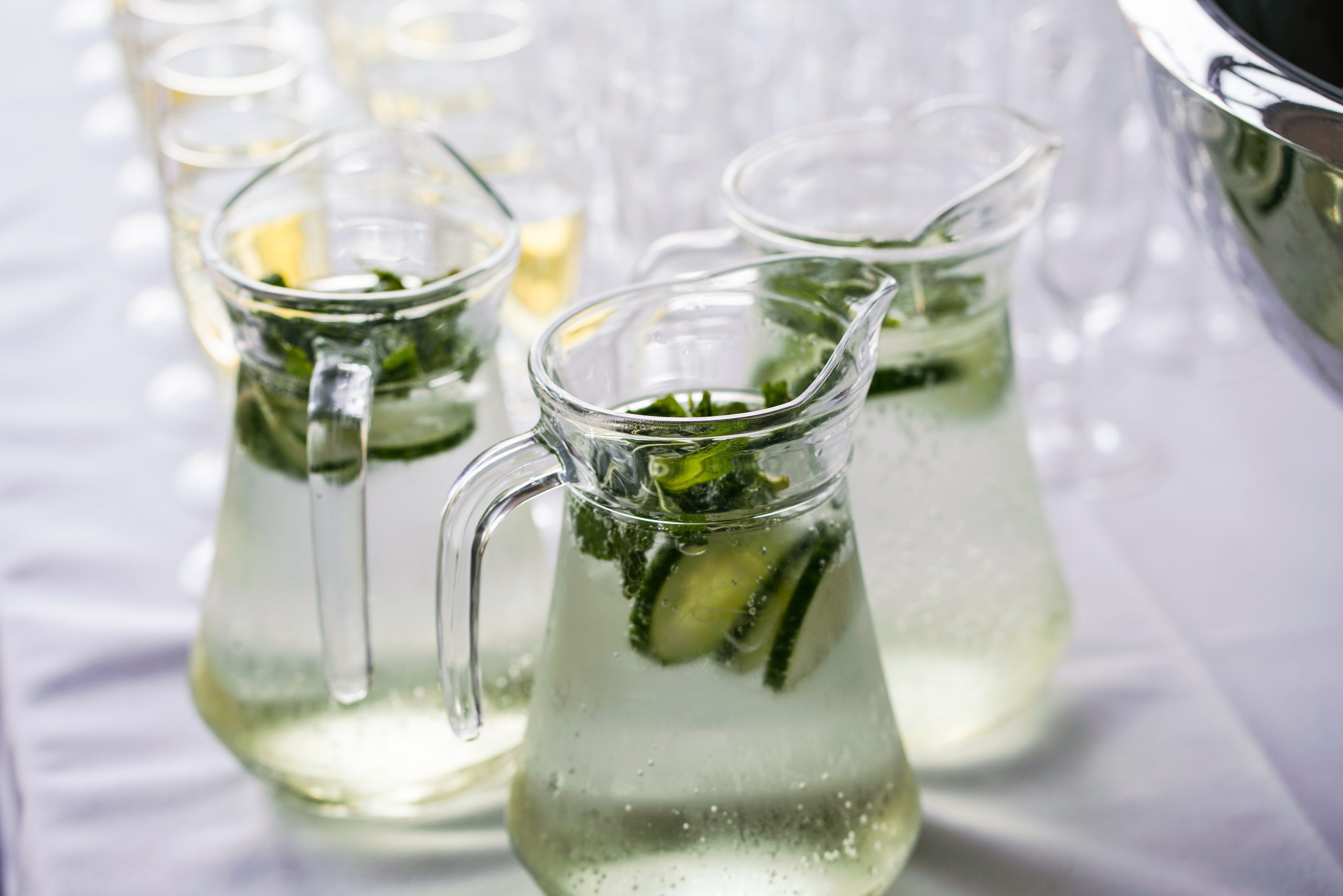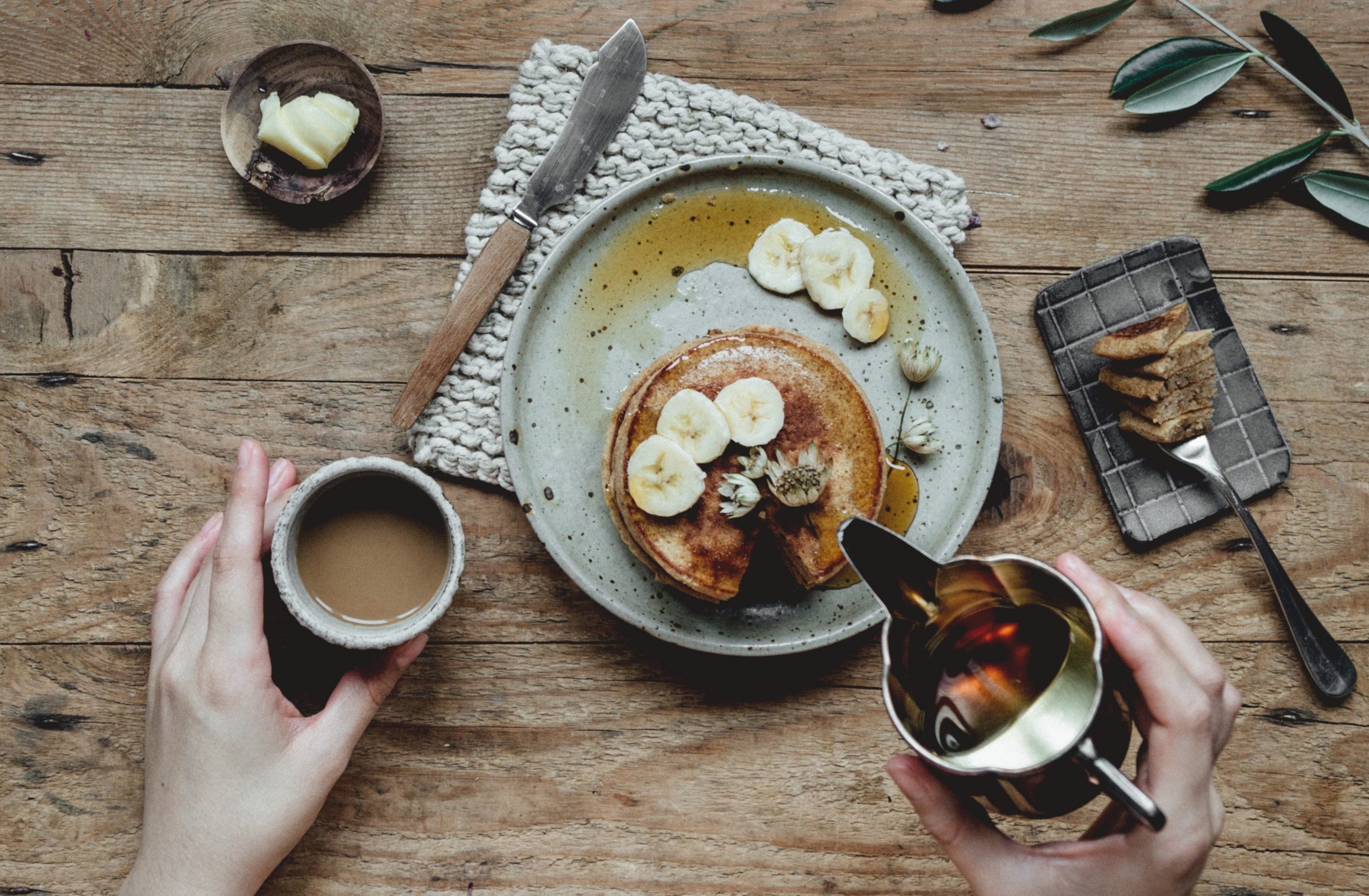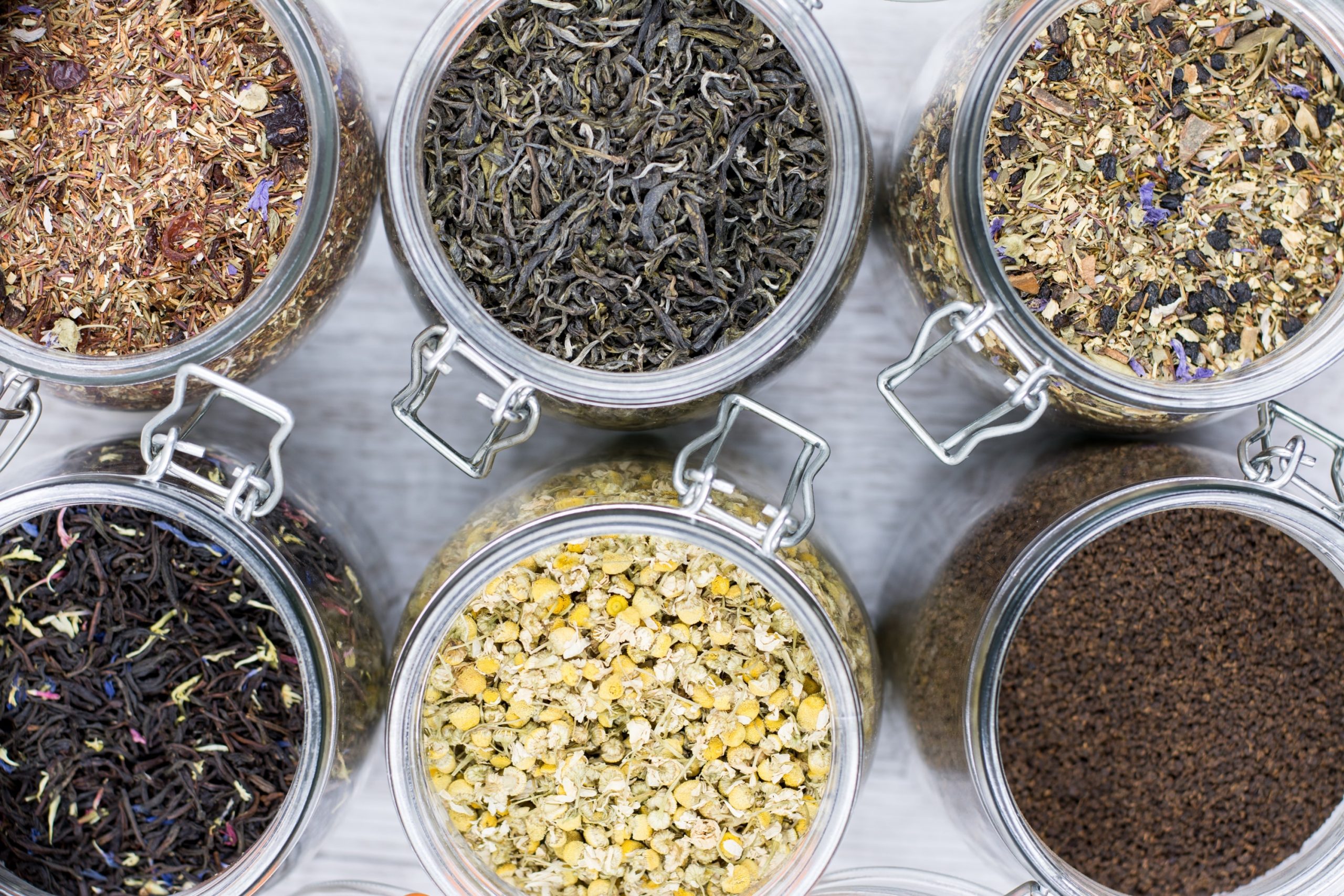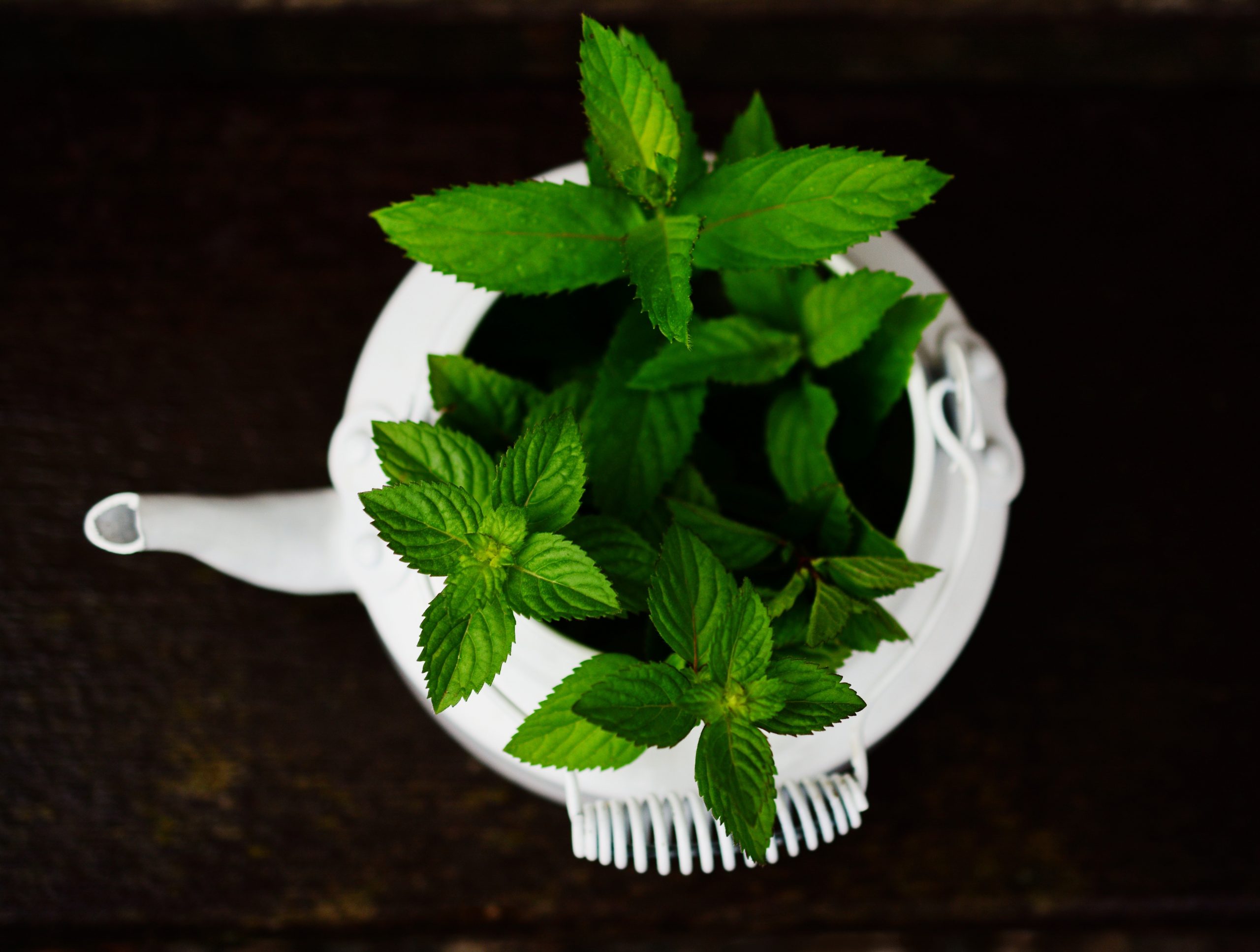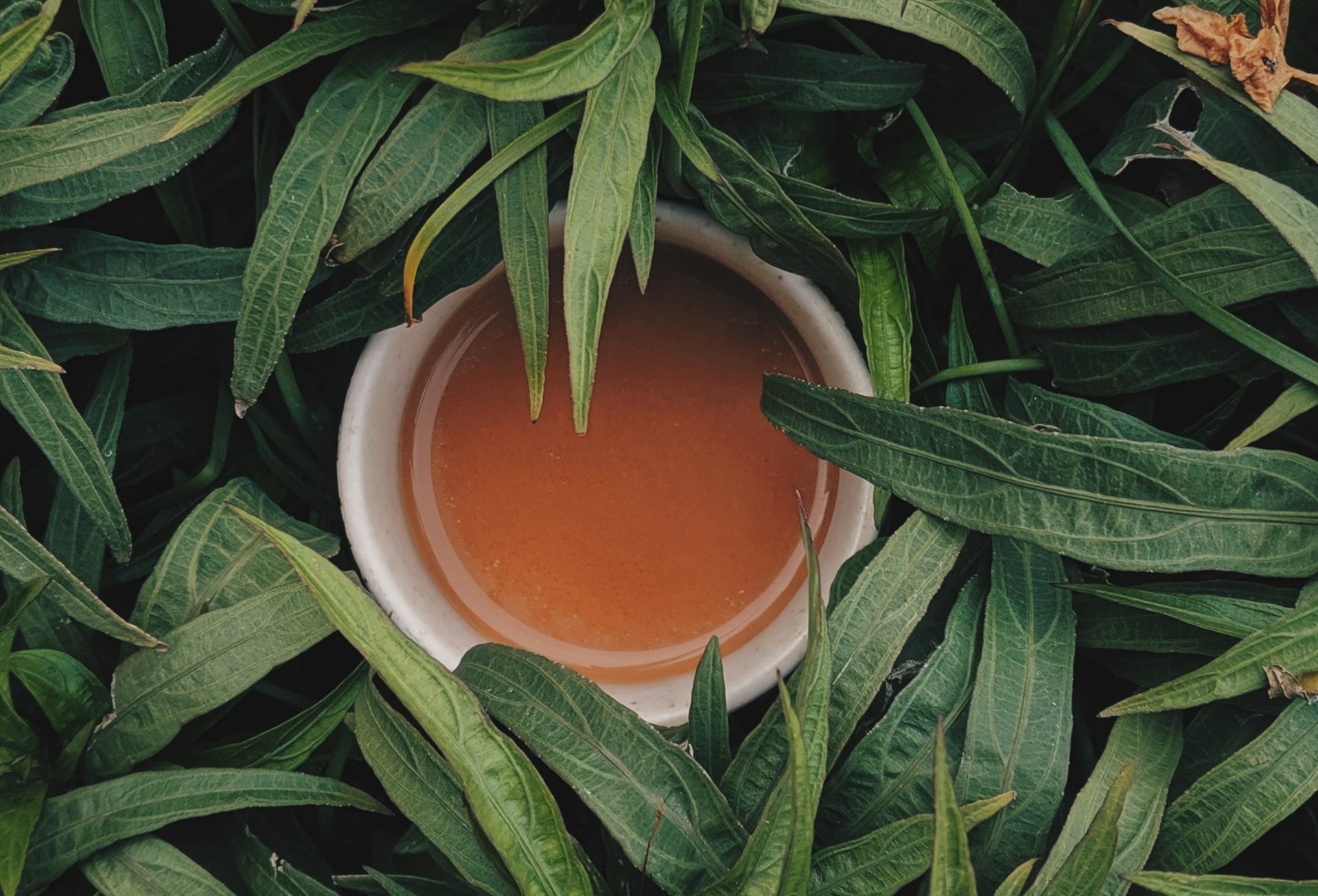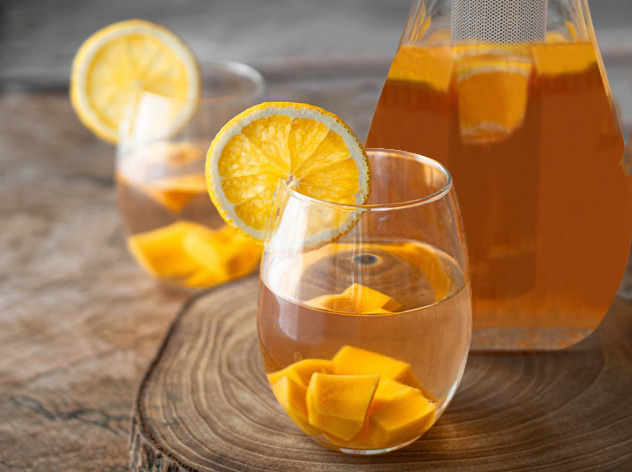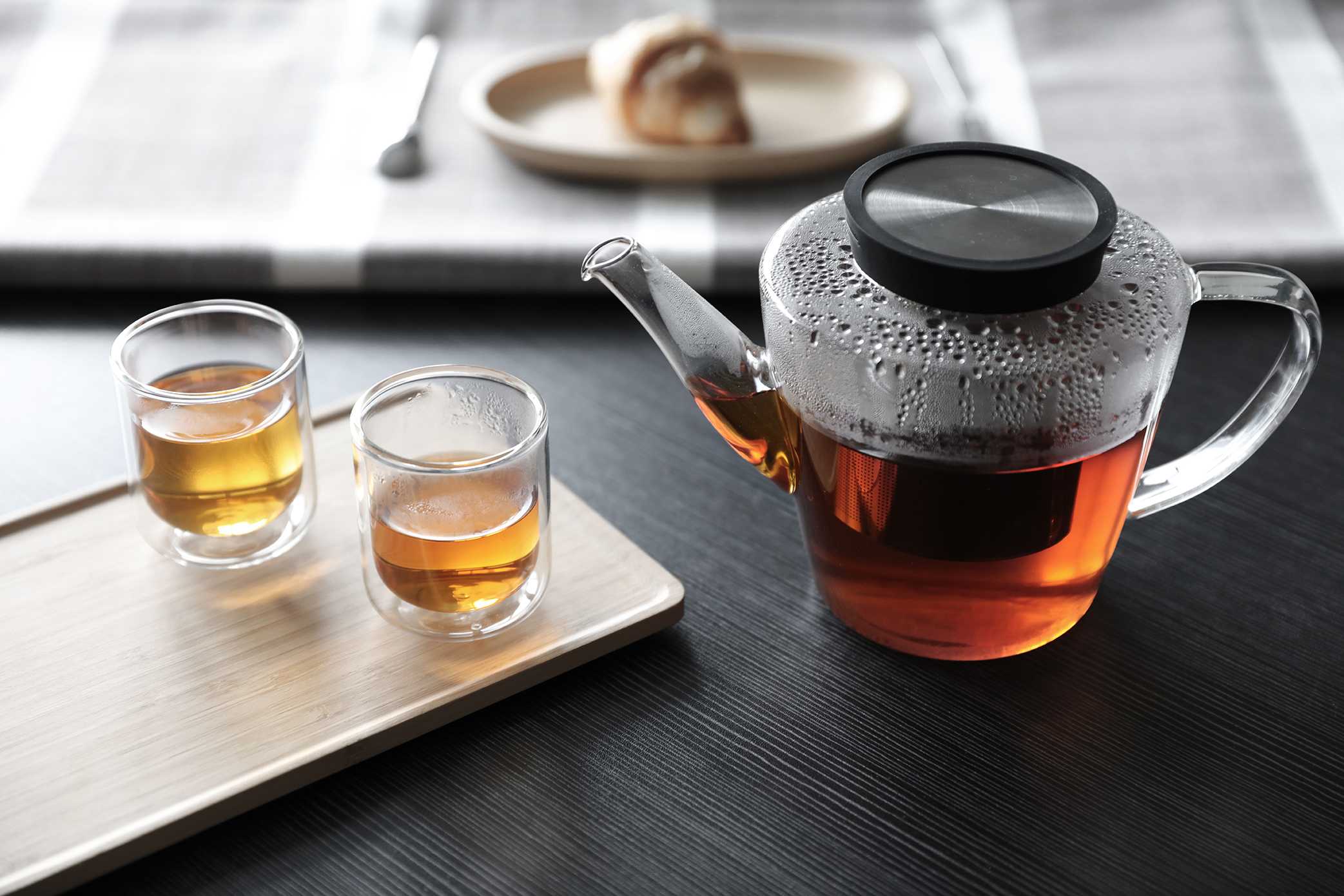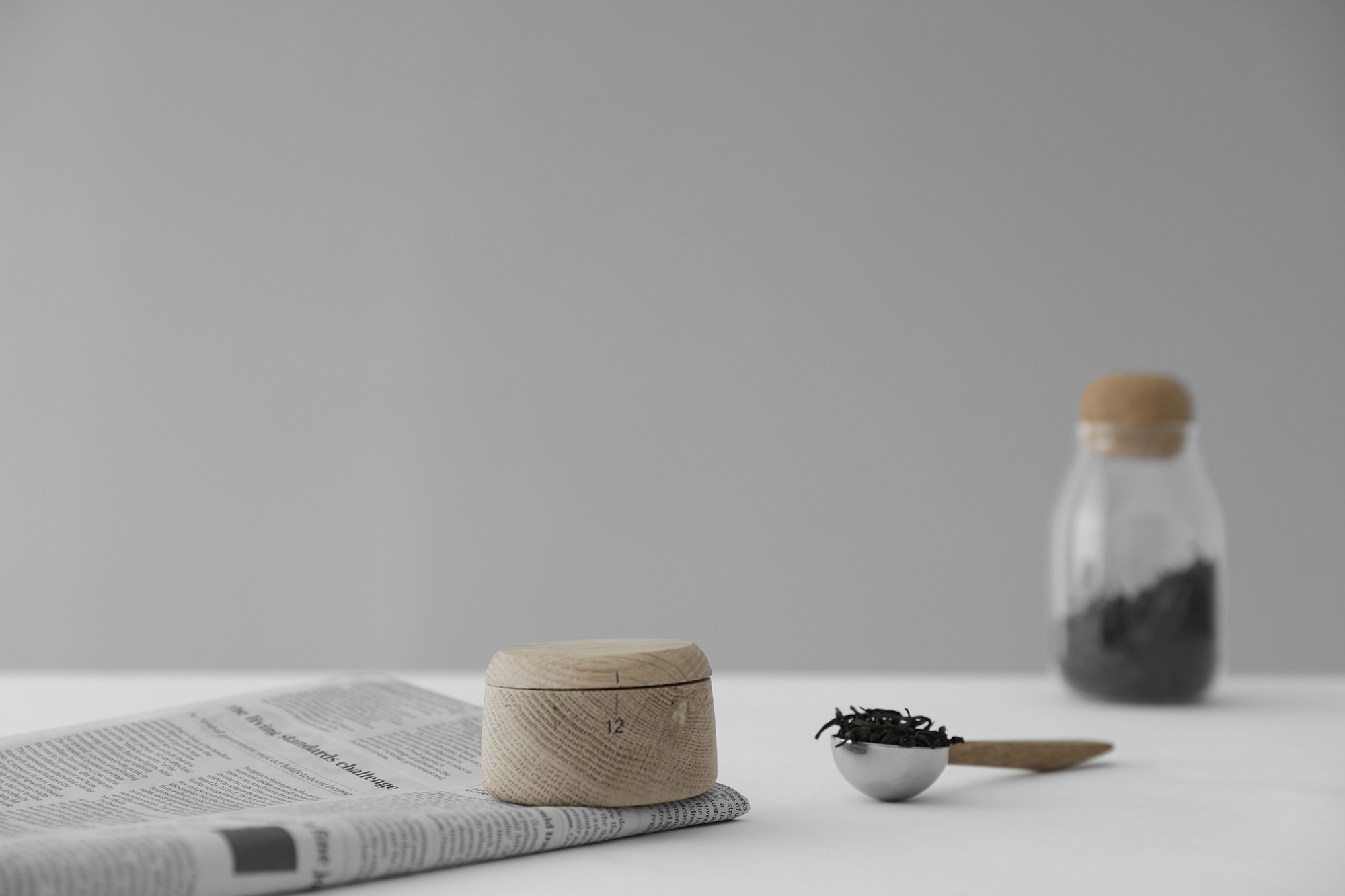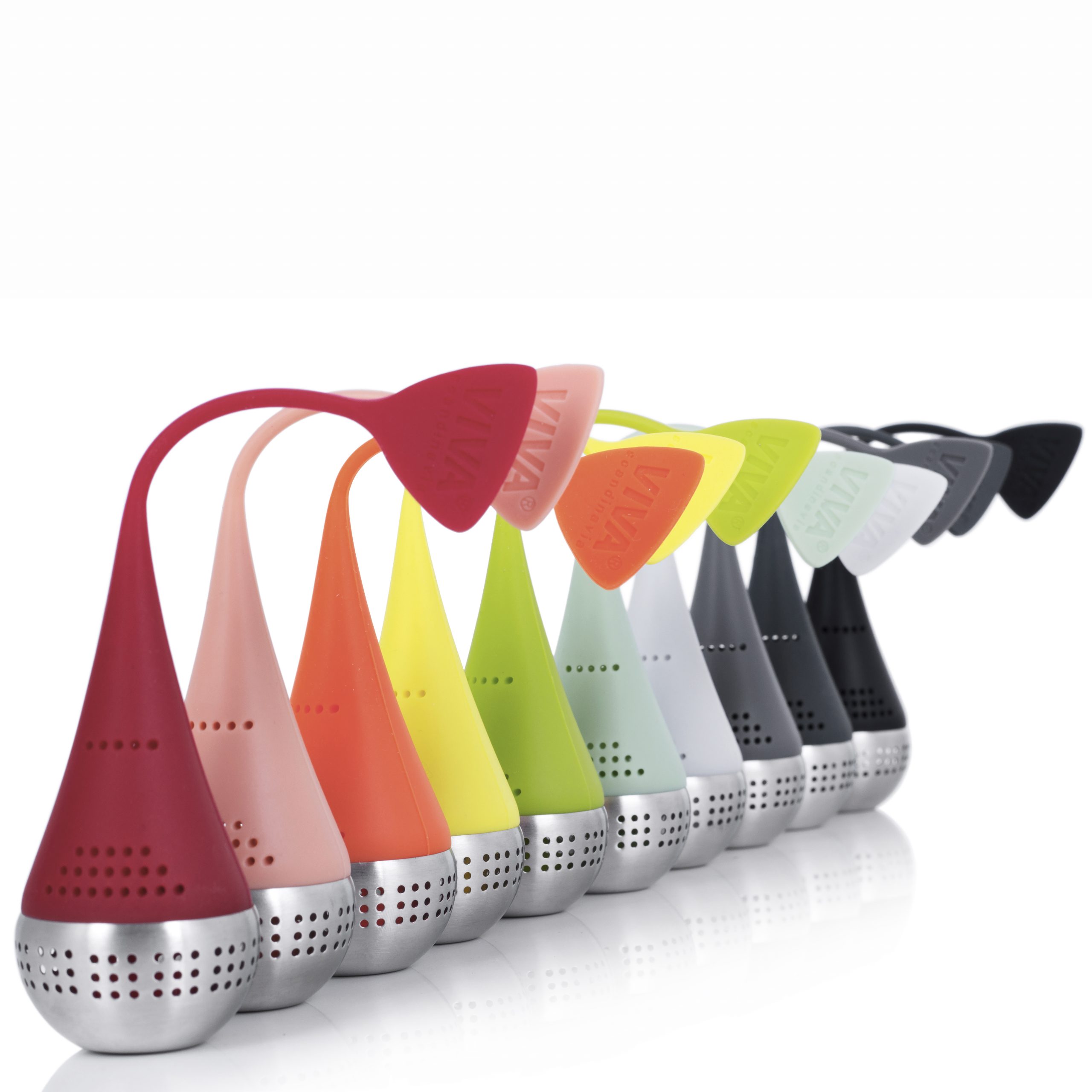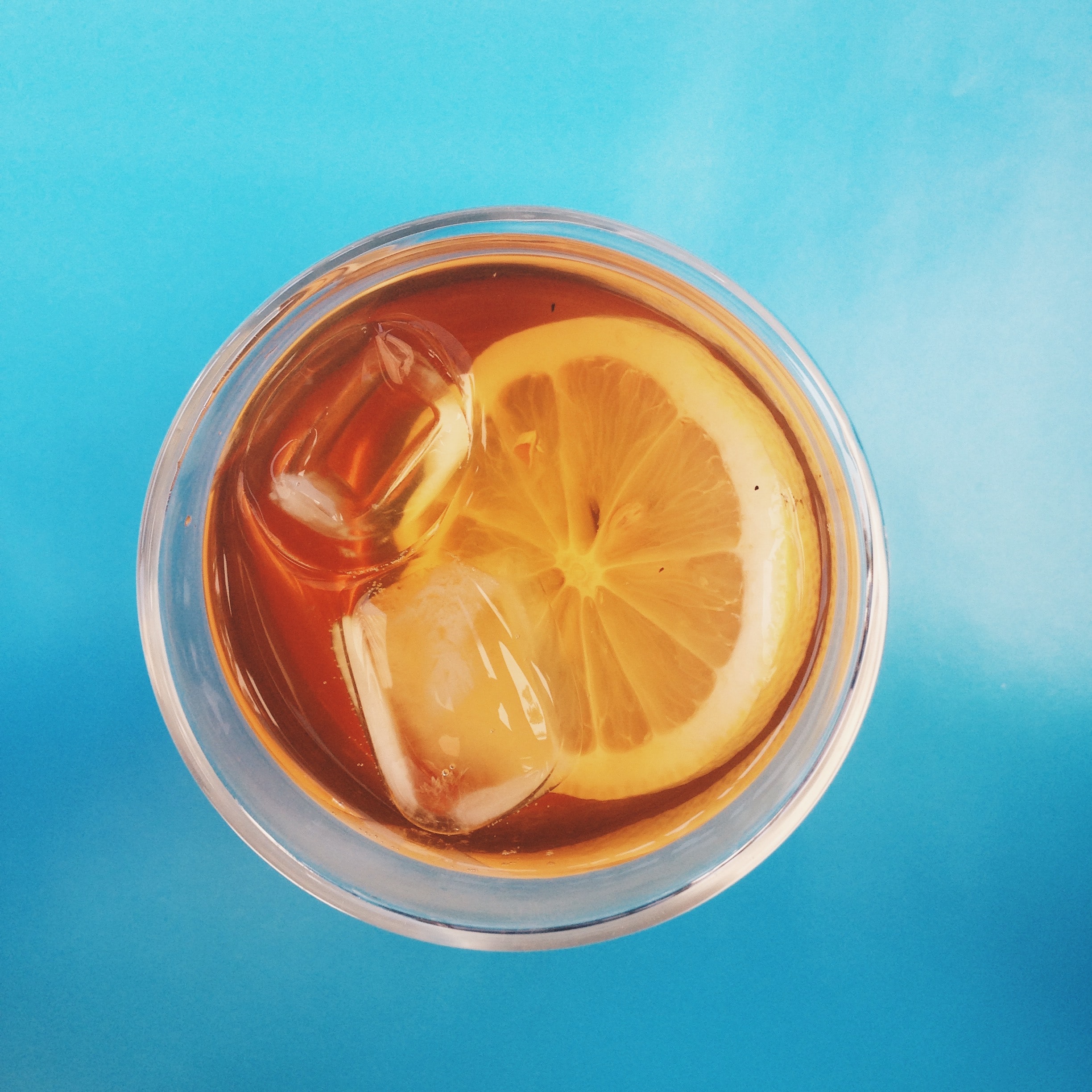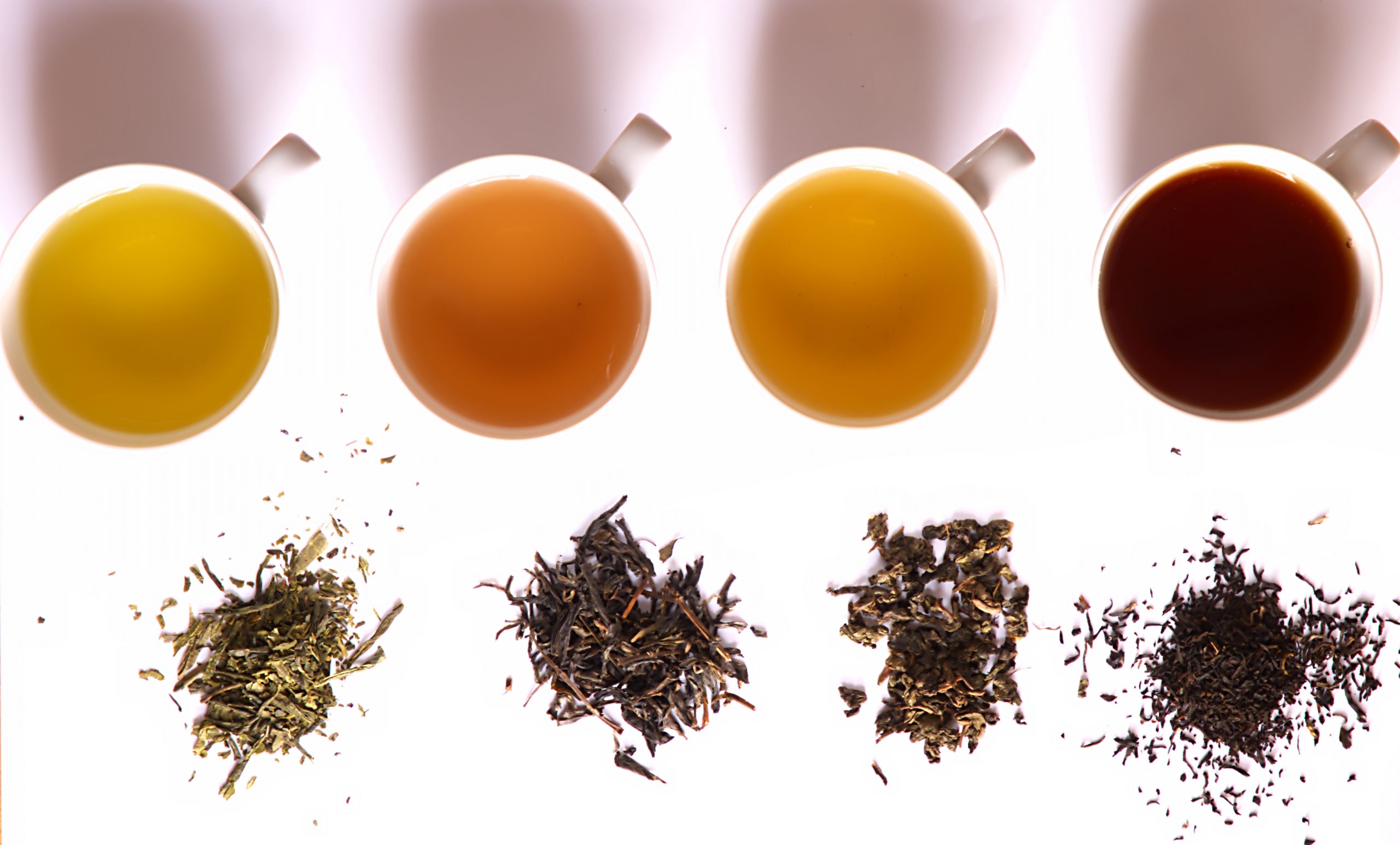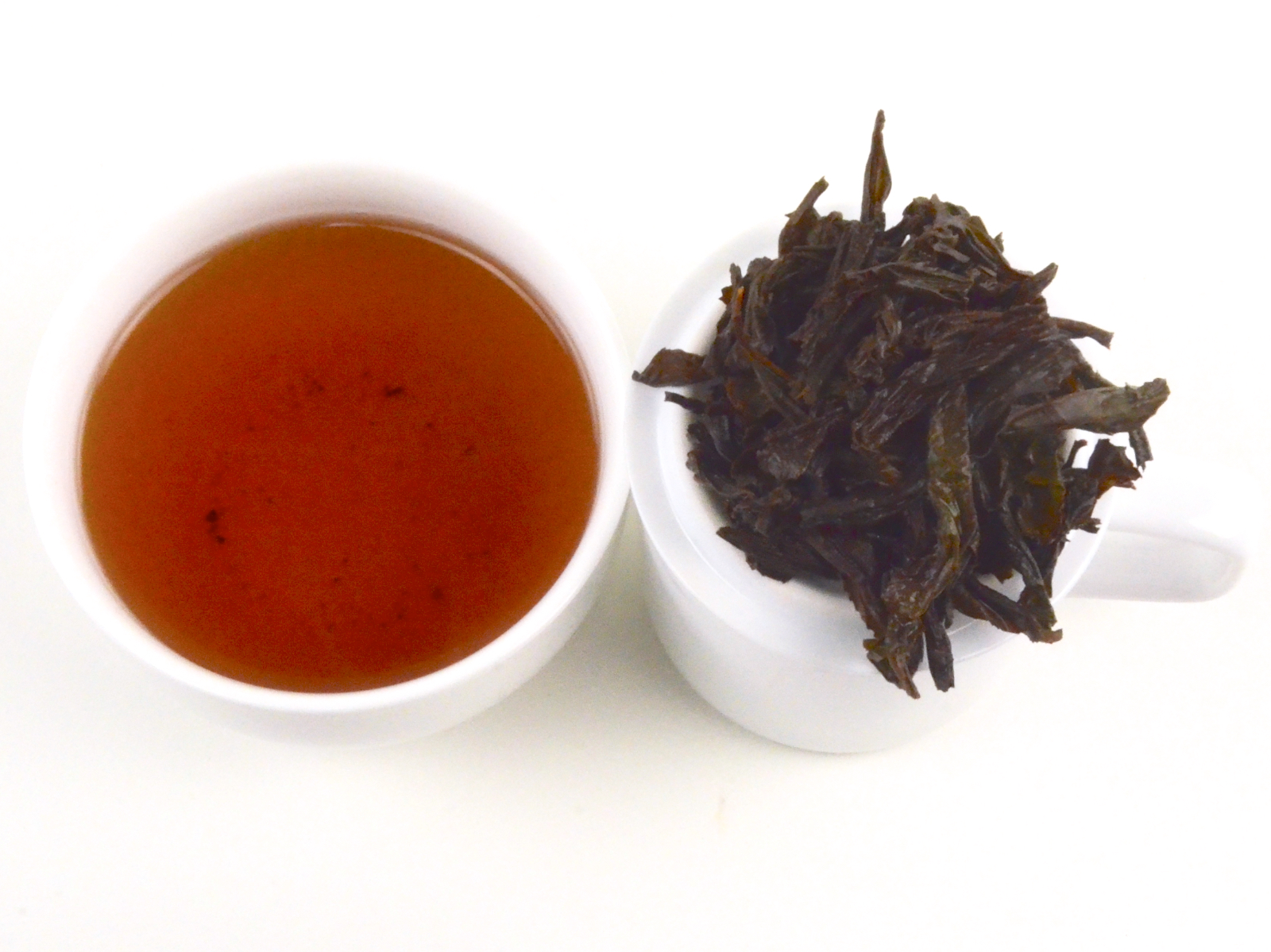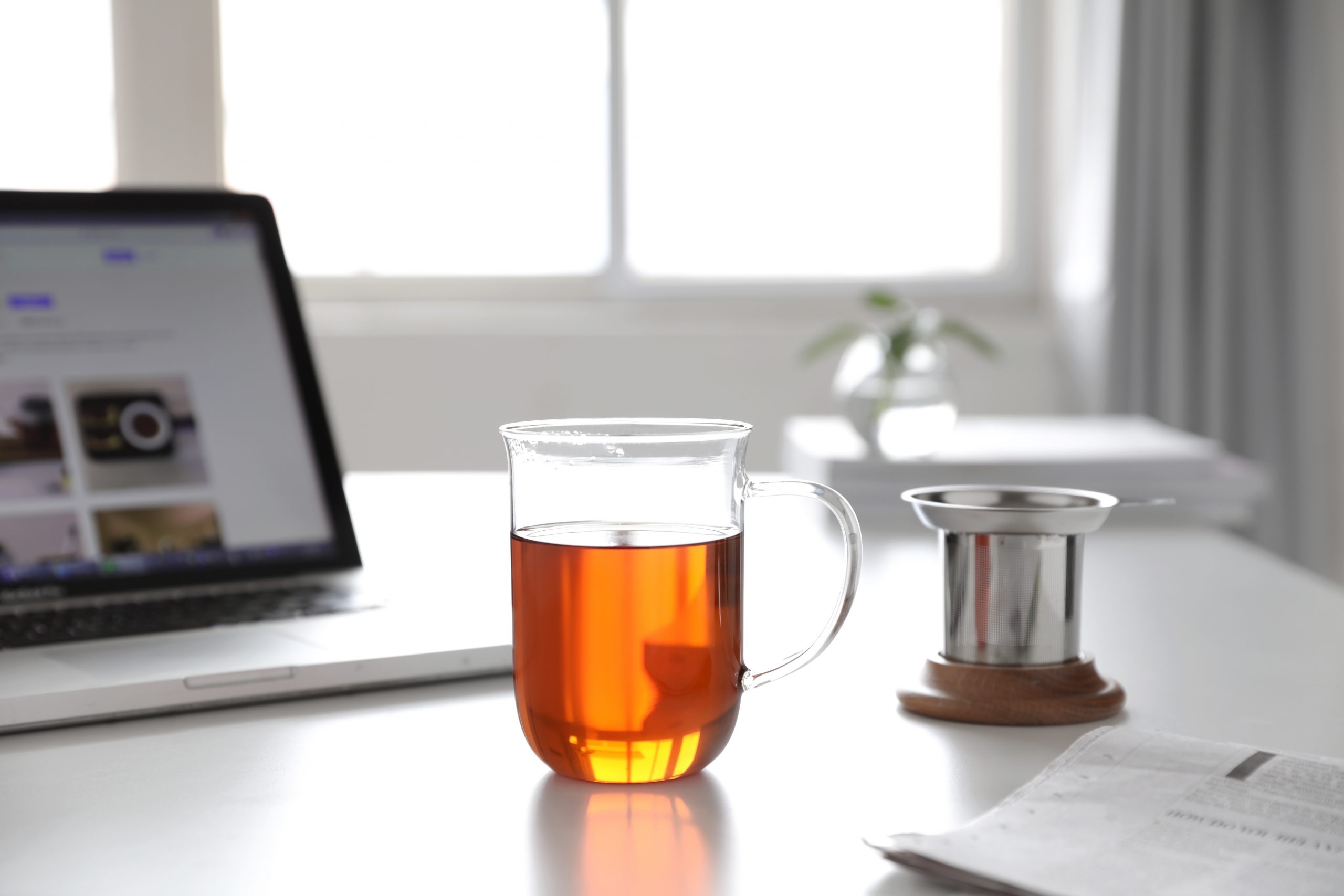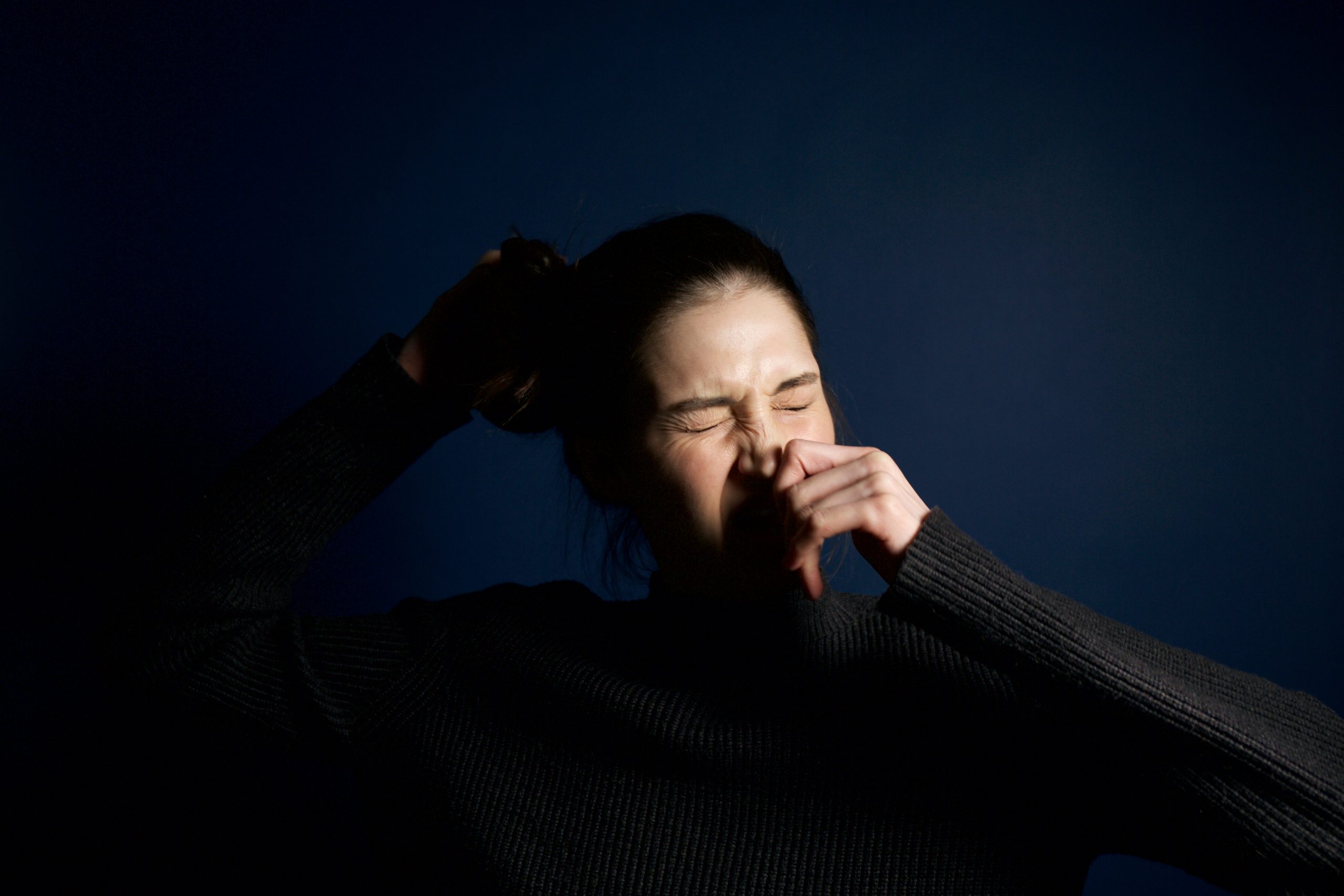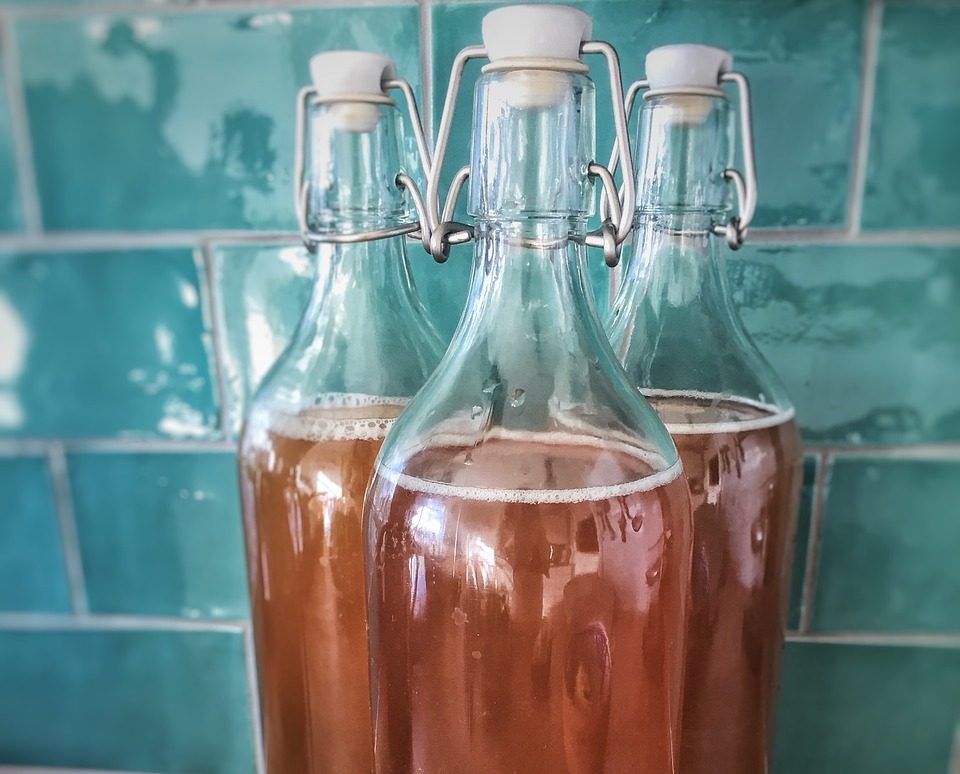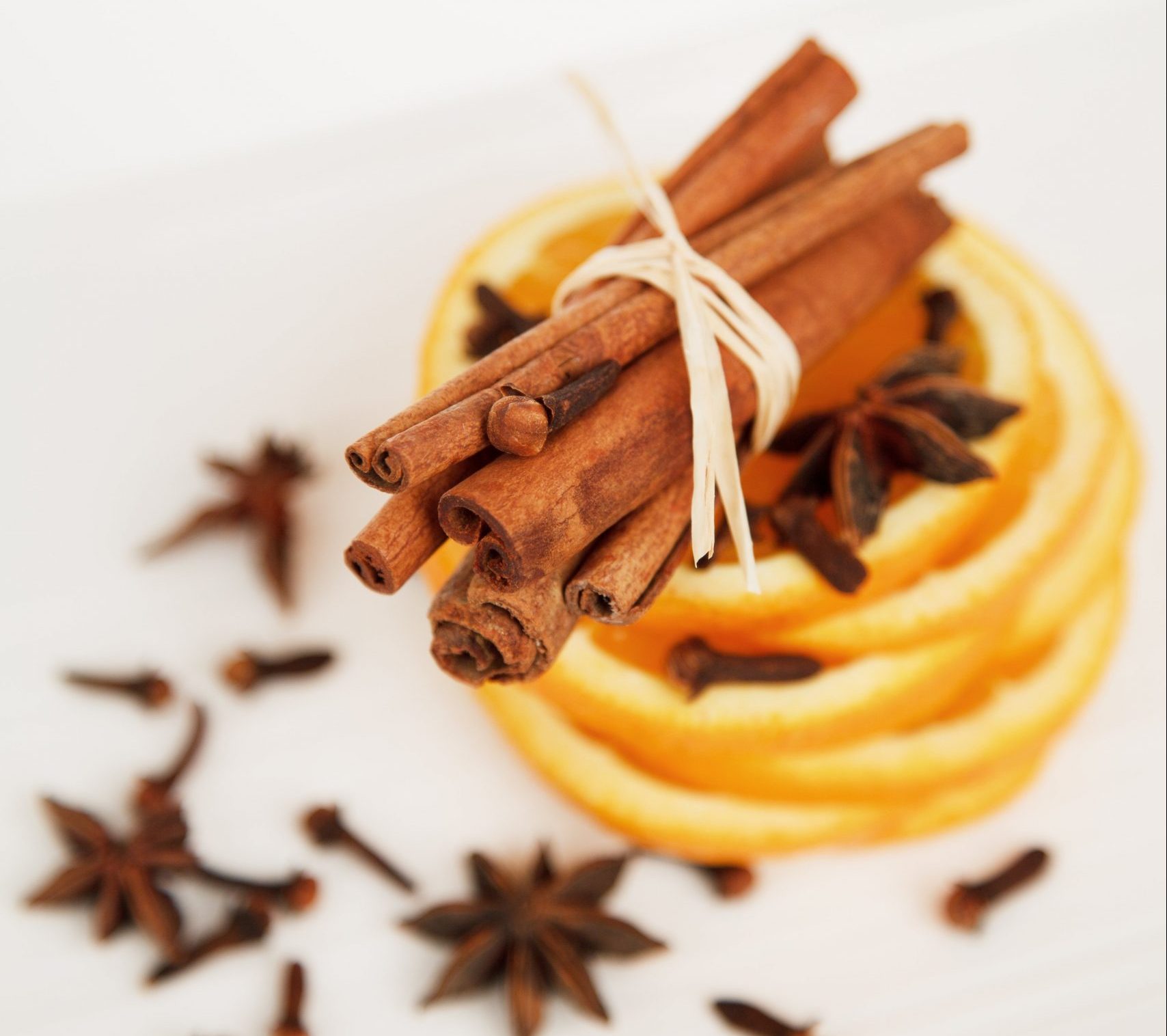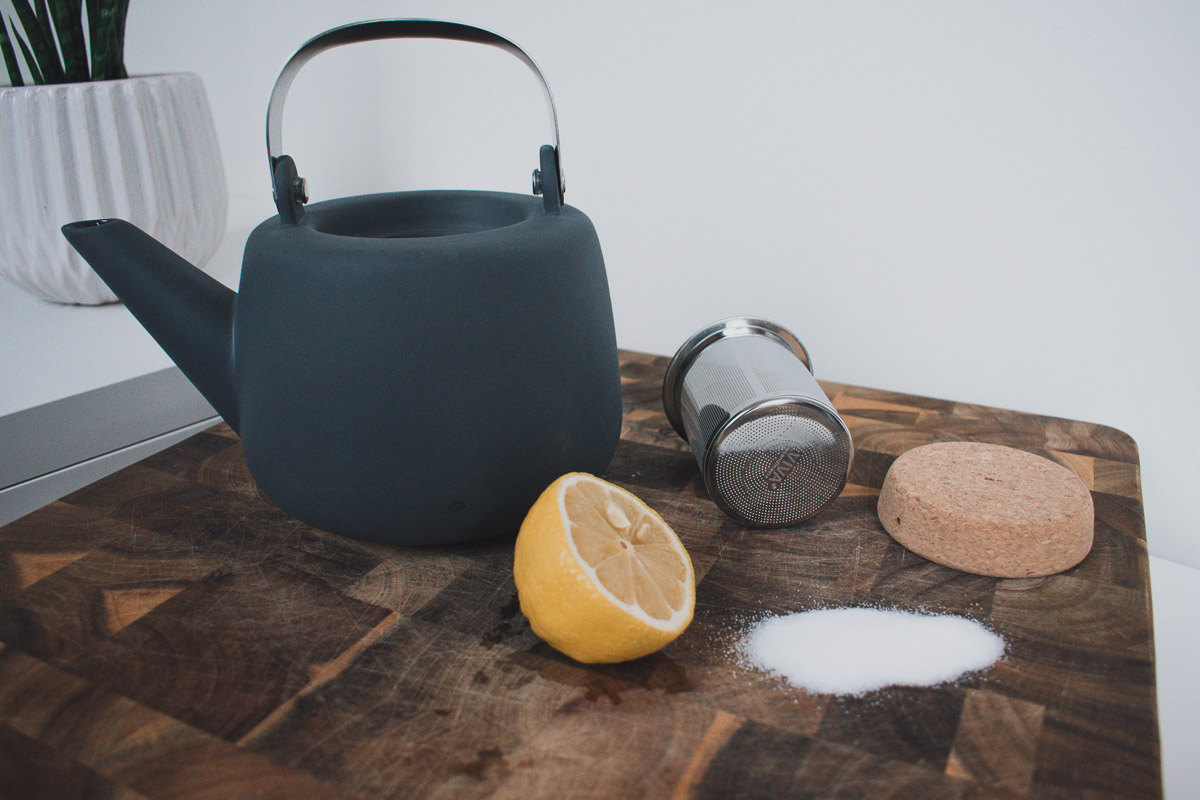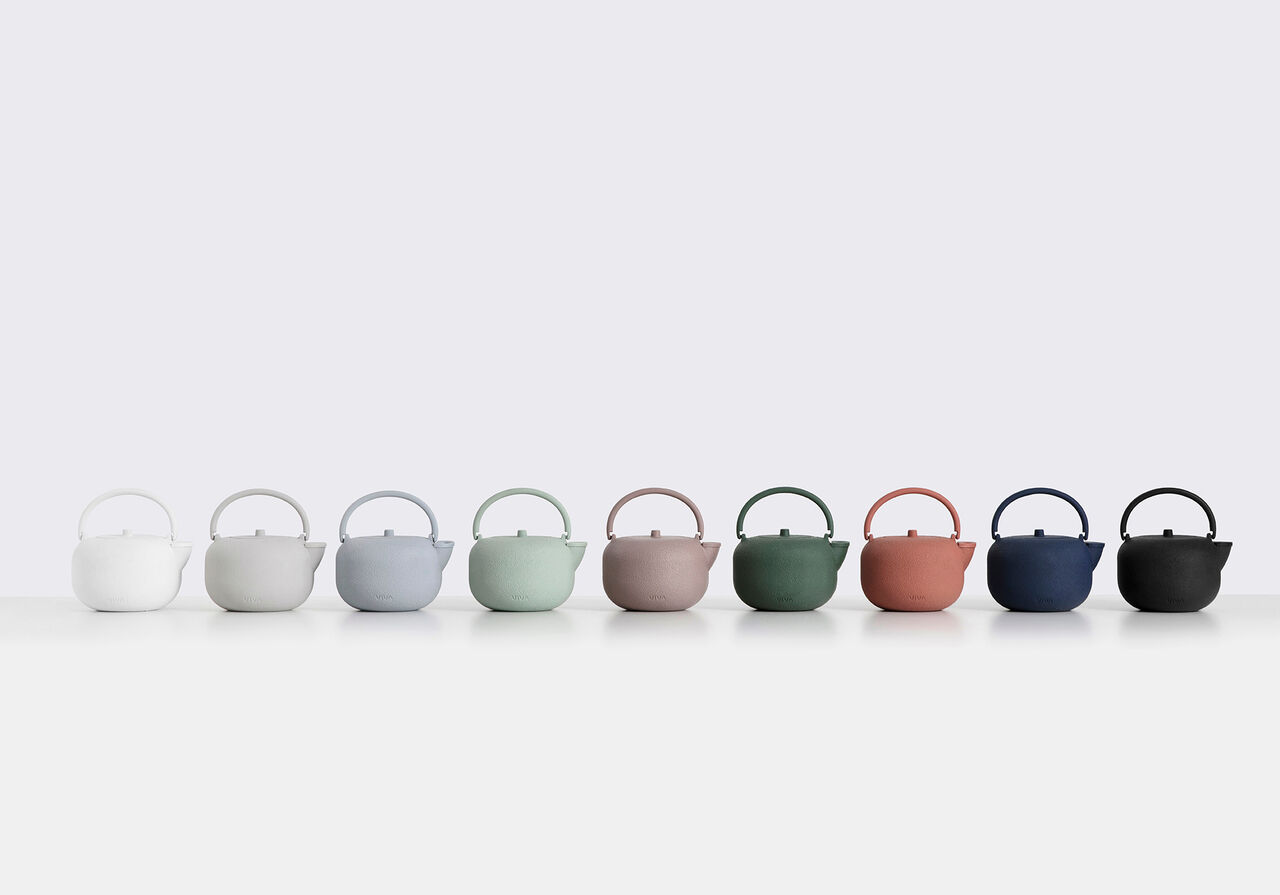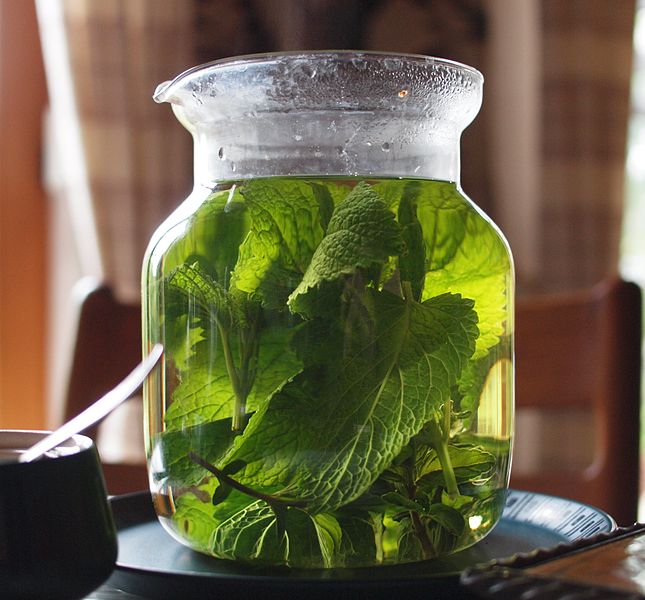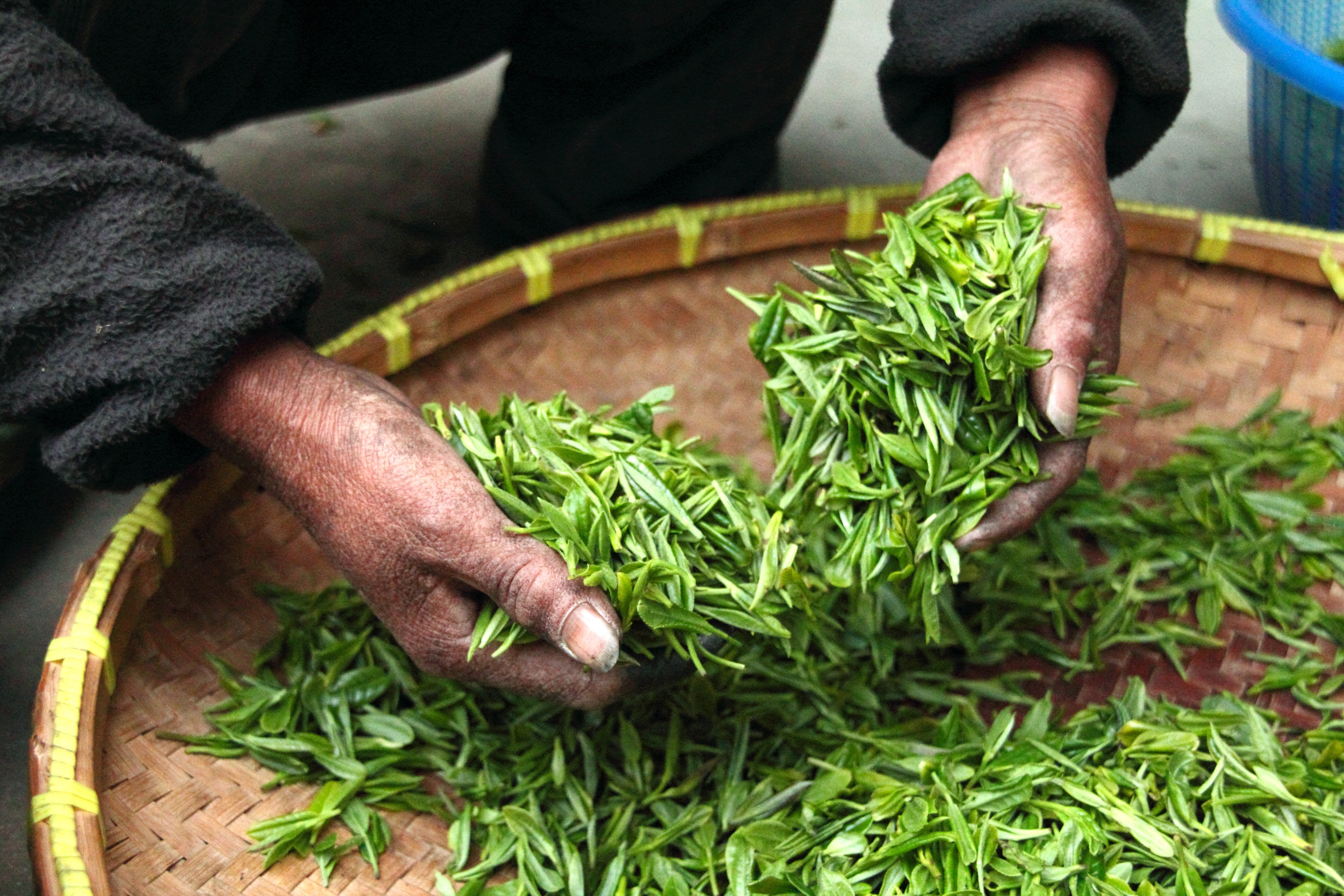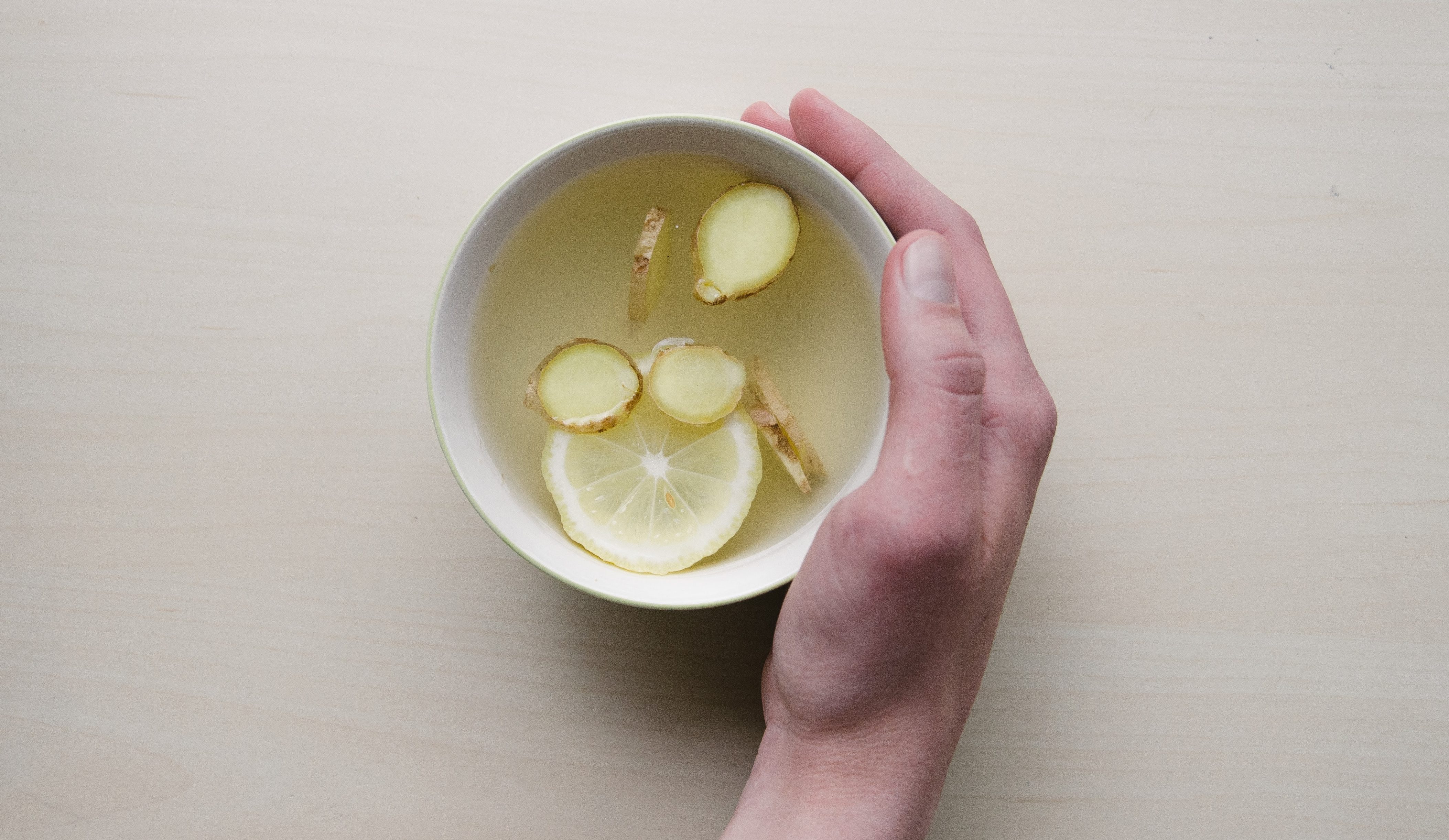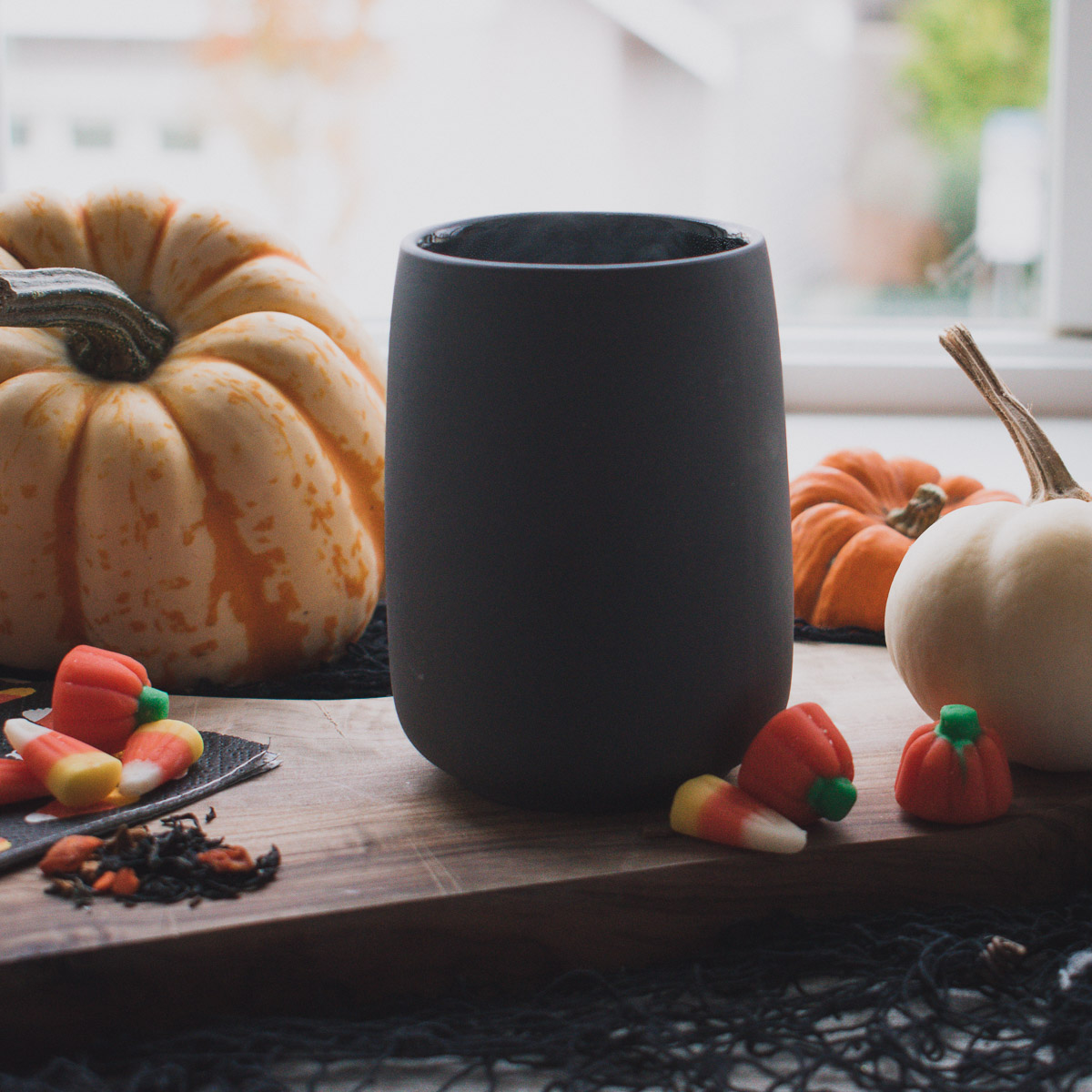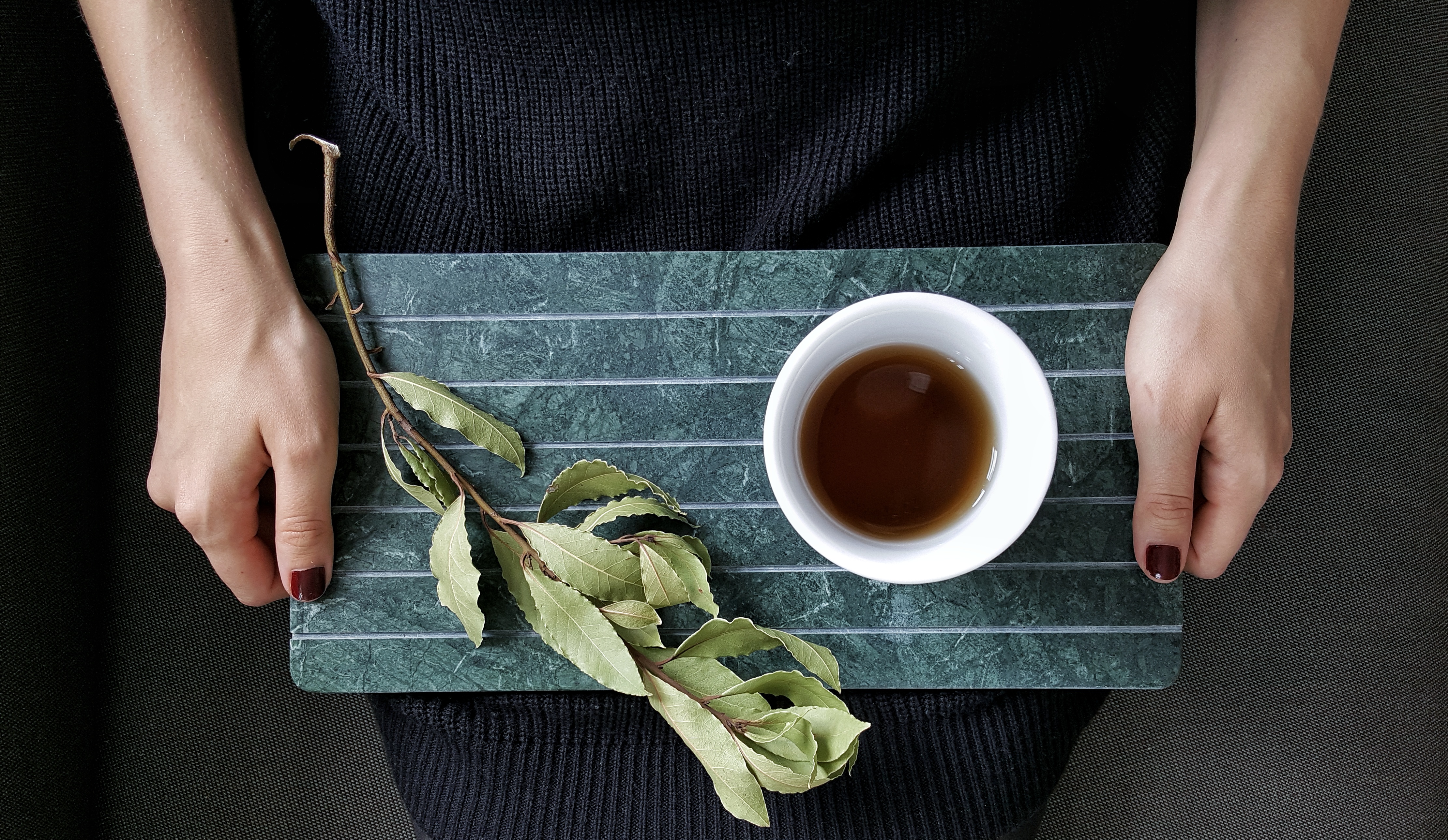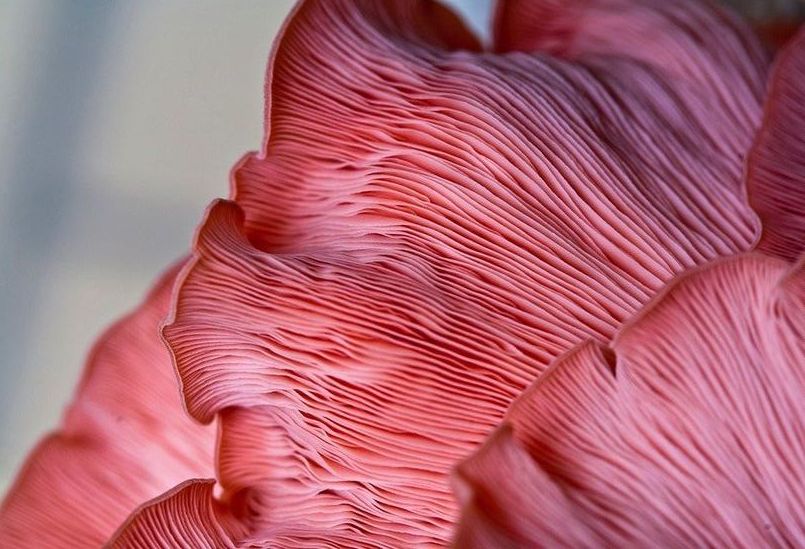This brightly coloured herbal drink offers a great way to boost your hydration and is good for your health. In other words, it’s tea with a twist.
What is hibiscus?
Hibiscus is a tropical plant known for its vibrant crimson-coloured flower that thrives in areas of warm weather and full sun. Unlike traditional green and black teas which come from the leaves of camellia sinensis, hibiscus tea is derived from the petals of the hibiscus plant thereby classifying it as a tisane. While there are many different species of hibiscus, it’s the hibiscus sabdariffa with its vivid red petals, which is commonly used to make the tea.
Also known as sour tea, Agua de Jamaica and Roselle, hibiscus tea is naturally brewed from the petals of the flower that give it a distinctive deep pink colour. It has a unique tart taste that some have compared to cranberry juice. When chilled, you can drink hibiscus tea can as a substitute for water thanks to its hydrating properties.
Hibiscus tea – a versatile drink
Unlike traditional teas green or black teas, hibiscus tea has no caffeine so it won’t interrupt your sleep. With zero calories, it’s a great alternative for water to help you stay hydrated throughout the dry winter months.
It’s also a versatile beverage. It can be consumed as a hot drink flavoured with cloves, stevia, ginger or honey. In the summer, it can be chilled to serve as a tempting summer cocktail with a splash of colour.
But the biggest bonus of hibiscus tea is that it’s supercharged with nutrients compared to other teas.
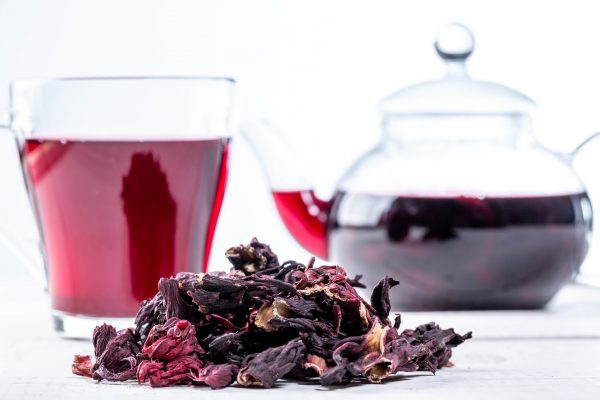
Unpacking the DNA of hibiscus
For starters, hibiscus is loaded with antioxidants. Antioxidants protect your body from the damaging affect of free radicals – those are molecules known to cause serious illnesses such as heart disease, cancer and other inflammatory conditions.
A study published in the Food, Science and Technology journal found that beverages containing hibiscus showed a high level of antioxidants similar to that of green tea.
The distinctive red colour of the hibiscus not only attracts the eye but is also a source of anthocyanin. Similar to antioxidants, anthocyanin has been shown to be effective in the treatment of cancer, and in fighting cardiovascular and anti-inflammatory diseases.
Other properties of hibiscus such as flavonoids and polyphenol acids also have antioxidants to give this drink its many health benefits.
Can it reduce blood pressure?
One of the best-known benefits of hibiscus tea is in reducing blood pressure. A six-week study published in the Journal of Nutrition found that three cups a day of hibiscus tea was effective in reducing blood pressure in adults who were considered mildly hypertensive. The study attributed this result to the existence of the properties including anthocyanin and flavonoid components that reduce vascular tension preventing damage to blood vessels which then reduces blood pressure.
Will it help to lower cholesterol?
A recent study in animals points to the ability of the flavonoids found in the hibiscus plant to lower overall cholesterol. The results showed specifically a decrease in LDL the ‘bad’ cholesterol’ with a corresponding increase in HDL, the good cholesterol. These positive effects were noted to be similar to those of red wine in achieving a healthy level of lipids in blood.
More in depth studies are needed to support whether hibiscus tea can lower cholesterol levels for humans, but experts agree that the results are promising.
Can it help manage my waistline?
In addition to being a calorie-free and a good source of hydration, hibiscus may also help you to manage your weight. In one study, the hibiscus tea extract was found to inhibit amylase, the enzyme that breaks down carbohydrates and sugar in the body. Slowing down the absorption of carbohydrates and sugar in your body can prevent weight gain.
This doesn’t mean you should ditch the running shoes as the studies have been of small samples and are in early stages. A healthy diet and exercise are still your best bet for weight loss. This zero calorie beverage can also be a perfect thirst-quenching drink after an intense workout.
Is it an effective sleep aid?
While there isn’t a that direct link between hibiscus tea to better sleep, some of the benefits mentioned above, such as reducing blood pressure, and the absence of caffeine are good for your heart and help you to sleep better. If you like to wind down with a cup of tea at the end of the day, hibiscus tea is an ideal pre-slumber companion.
However, check with your doctor
Since hibiscus tea helps to lower blood pressure, it does not interact well with any blood pressure medication such as hydrochlorothiazide. It is also not recommended for those who already have low blood pressure.
If you are pregnant, hibiscus should also be avoided as it is may stimulate your menstrual cycles. Speak to your doctor about any other potential side effects.
How to make hibiscus tea
To make hibiscus tea, you will need:
- Eight fresh-bloomed flowers or two tablespoons of dried petals
- Four cups of water
- Cloves, lemon slices, or stevia to sweeten
- Take off the stems and the green leaves that surround the fresh flower so only the petals remain.
- Fill a pot with water and place on the stove.
- Heat the water to a boil and turn off the element.
- Add the fresh petals or dried petals to the hot water. To ensure a consistent brew, let the petals float loosely in the water. This is especially important for dried petals that will gradually unfurl during the steeping process.
- Let the petals steep for no longer than 10 minutes. If the petals steep for too long, the tea will taste bitter. At this time you can add other ingredients such as cloves, stevia or lemon to sweeten.
- Pour the steeped tea into a tea pot or ladle into mugs. Use a tea strainer to separate petals.
- You can drink the tea hot, or chill it overnight and serve as a cool, refreshing drink.
